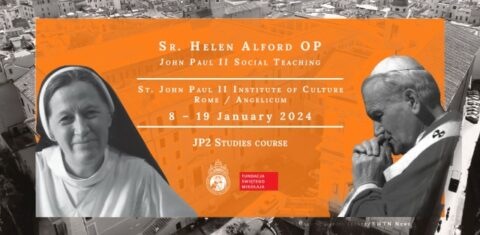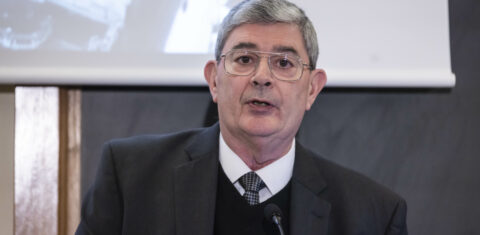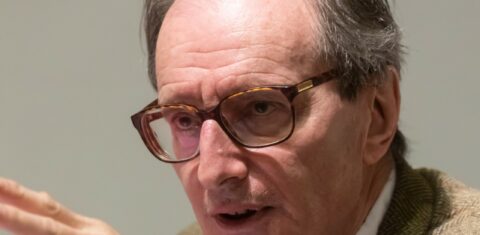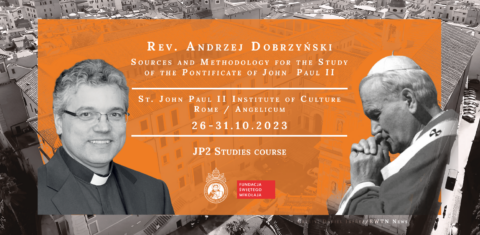On Tuesday, November 28, a conference entitled “The Blessed Ulma Family – Martyrs of War” was held at the Pontifical University of St. Thomas Aquinas – Angelicum in Rome. The event was organized by the St. John Paul II Institute of Culture and the Saint Nicholas Foundation. The conference began with a presentation prepared by Dr. Mateusz Szpytma from the Institute of National Remembrance – the historian who had originally discovered, thoroughly researched and popularized the story of the Bl. Ulma family. Dr. Szpytma began his presentation by placing on the map of Poland from 1938-1945 the village of Markowa – the place of life and martyrdom of the Ulma family. Numerous photographs showed in the presentation introduced the conference participants to the realities of the life of the Ulma family – Józef, Wiktoria and their seven children. It was Józef Ulma – a photography enthusiast – who took the photos of his entire family, which complemented the content of the speech. As Dr. Szpytma emphasized, Józef Ulma was an exceptional man. Born into a farming family, he was also a bibliophile, involved in numerous social organizations, interested in gardening and was the first in the village to use wind energy to light his house.
In 1935, Józef Ulma married 12 years younger Wiktoria née Niemczak, who pursued her talents in an amateur theatre group, and together with her husband actively participated in the life of St. Dorothy’s Church in Markowa. Only a year later, their first child – Stanisława – was born. The fruit of their marriage, which – as witnesses confirm – was filled with mutual love and devotion, were six more children: Barbara, Władysław, Franciszek, Antoni, Maria, and an unborn, 8-month-old child. Józef Ulma photographed not only his family, but also his relatives working on the land, or scenes from the lives of his neighbours.
During the German occupation and the entry into force of the ordinance on the death penalty for Jews leaving the ghetto and Poles who helped them, the Ulma family’s household became a shelter for a small group of Jews, including Saul Goldman and his four sons. The fact that the Ulma family hid Jews was probably revealed by one of the local policemen. On March 24, 1944, the Ulma family paid the ultimate price. Under the command of a German military police lieutenant Eliert Dieken, a group of German gendarmes murdered the Jews hiding on the farm, and then Józef and Wiktoria, not even sparing their children.
The facts quoted in Dr. Szpytma’s presentation became the starting point for the discussion on the heroic act of the first beatified family in the history of the Church. Dr. Tomasz Herbich invited Prof. Catherine Joseph Droste, O.P. (Faculty of Theology at the Angelicum), Kamil Kopera (Pilecki Institute), George Weigel (Ethics and Public Policy Center) and Dr. Mateusz Szpytma to participate in the discussion.
When asked about the categories in which the Ulma family’s decision to risk their own lives and those of their children in order to save the lives of others should be understood, Professor Droste emphasized that the act to which the Ulma family was capable of rising did not result from a moral obligation. According to the natural law, man thinks first of all about the protection of his own life, so their attitude can be interpreted as something quite the opposite. In this light, it should be noted that the Ulma family had been preparing their whole lives for this heroic sacrifice, and its culmination cannot be understood without understanding the essence of the gift of God’s grace. Professor Droste concluded her speech with the words: “We are not obliged to sacrifice our lives, but God can ask us to do so.” However, not everyone will understand this mystery, and even fewer would like to respond to this heroic call.
Kamil Kopera, in turn, spoke on the subject of the different faces of heroism from a historical perspective, referring to other examples of Poles helping Jews in the region of the village of Markowa. The help provided to Jews by the inhabitants of this region began in 1942, for which many of them were killed, including Aniela Nizioł, who lived in Łańcut.
Next, Prof. George Weigel noted that the interpretation of the altruistic attitude corresponding to the theories of the Frankfurt School still dominates in the secularized social consciousness. Theodor W. Adorno considered the altruistic personality to be a product of the transgression of universal values and moral obligations, which would hinder their common understanding and acceptance. On the other hand, the deeds of the Ulma family cannot be understood without referring to altruism interpreted in terms of the “Catholic duty of the heart” known from the “Parable of the Good Samaritan”, which was first close to their daily prayer and contemplation, and then found expression in their lives.
The conference concluded with numerous questions from the audience, followed by the screening of the documentary film “The Ulmas. A blessed family”.
We invite you to watch the broadcast of the conference!
Weronika Maciejewska
Photos: Stefano Dal Pozzolo
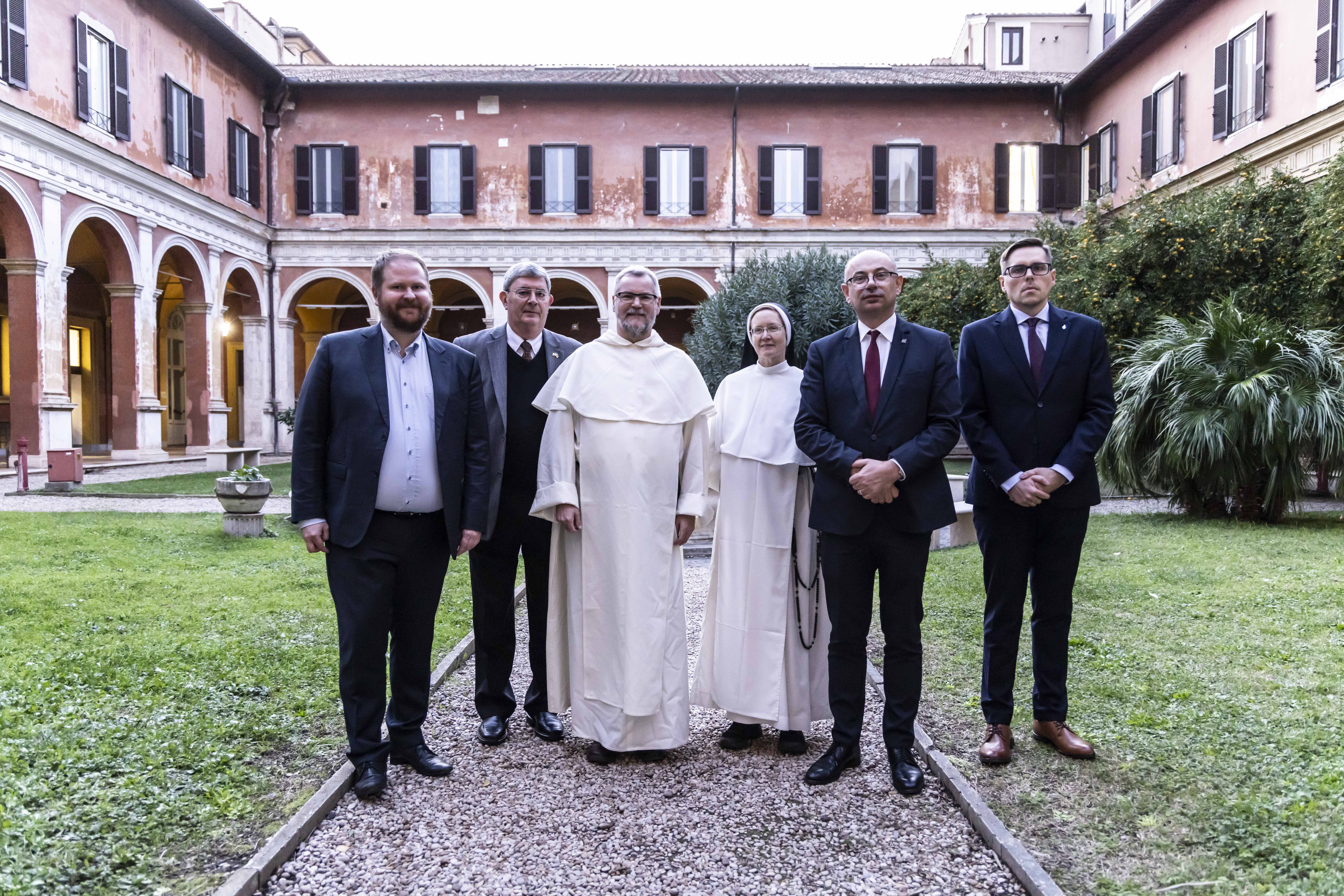
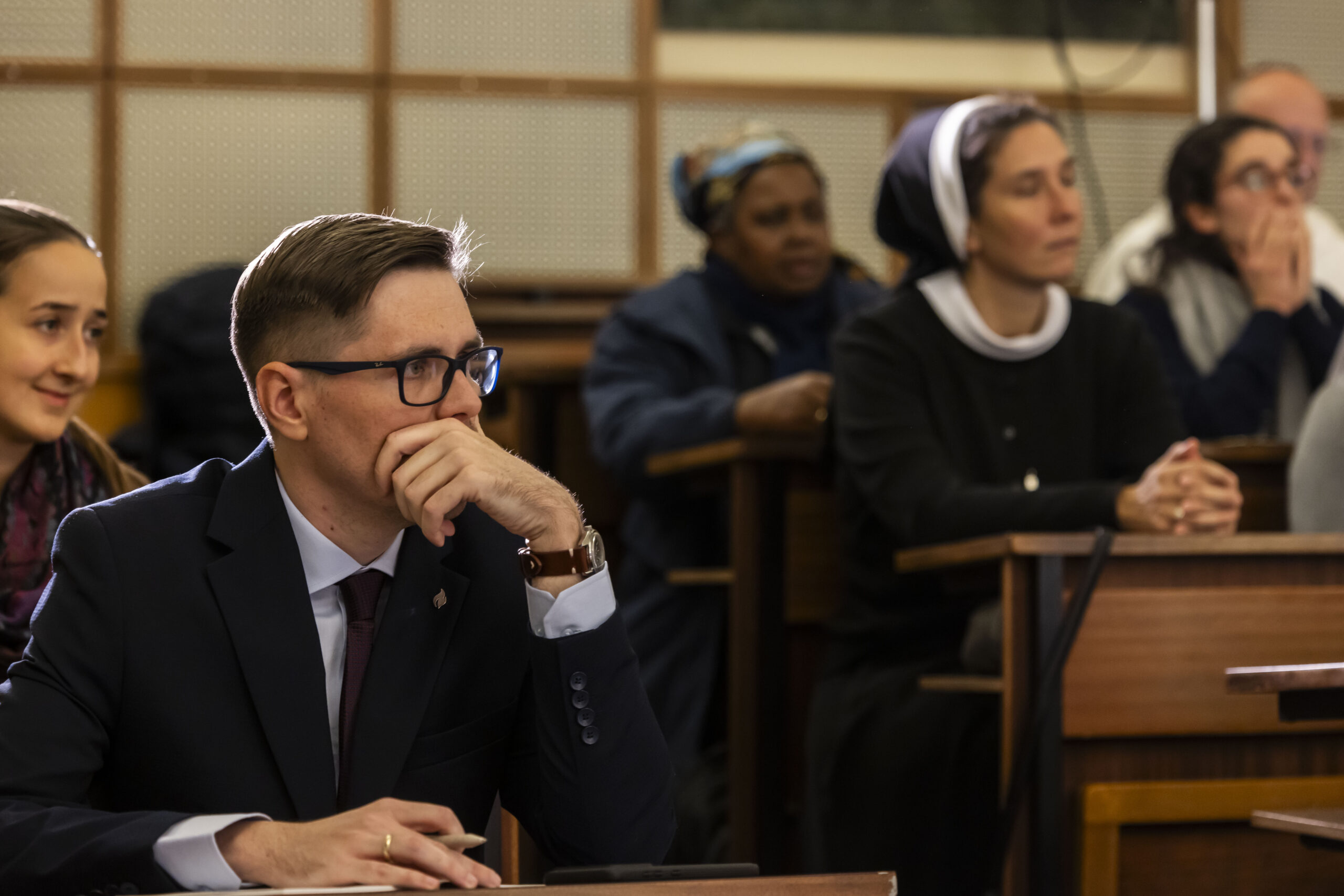
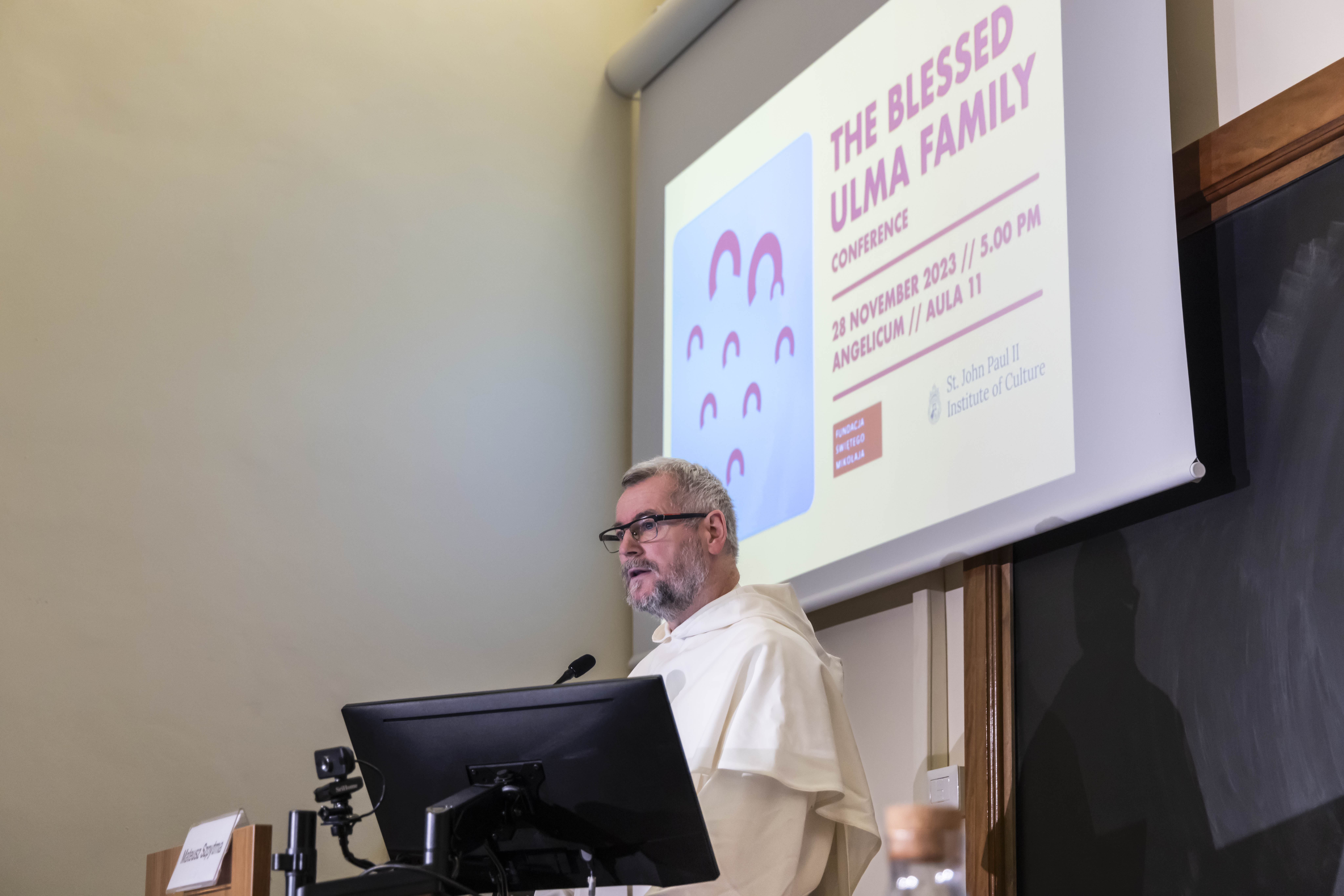
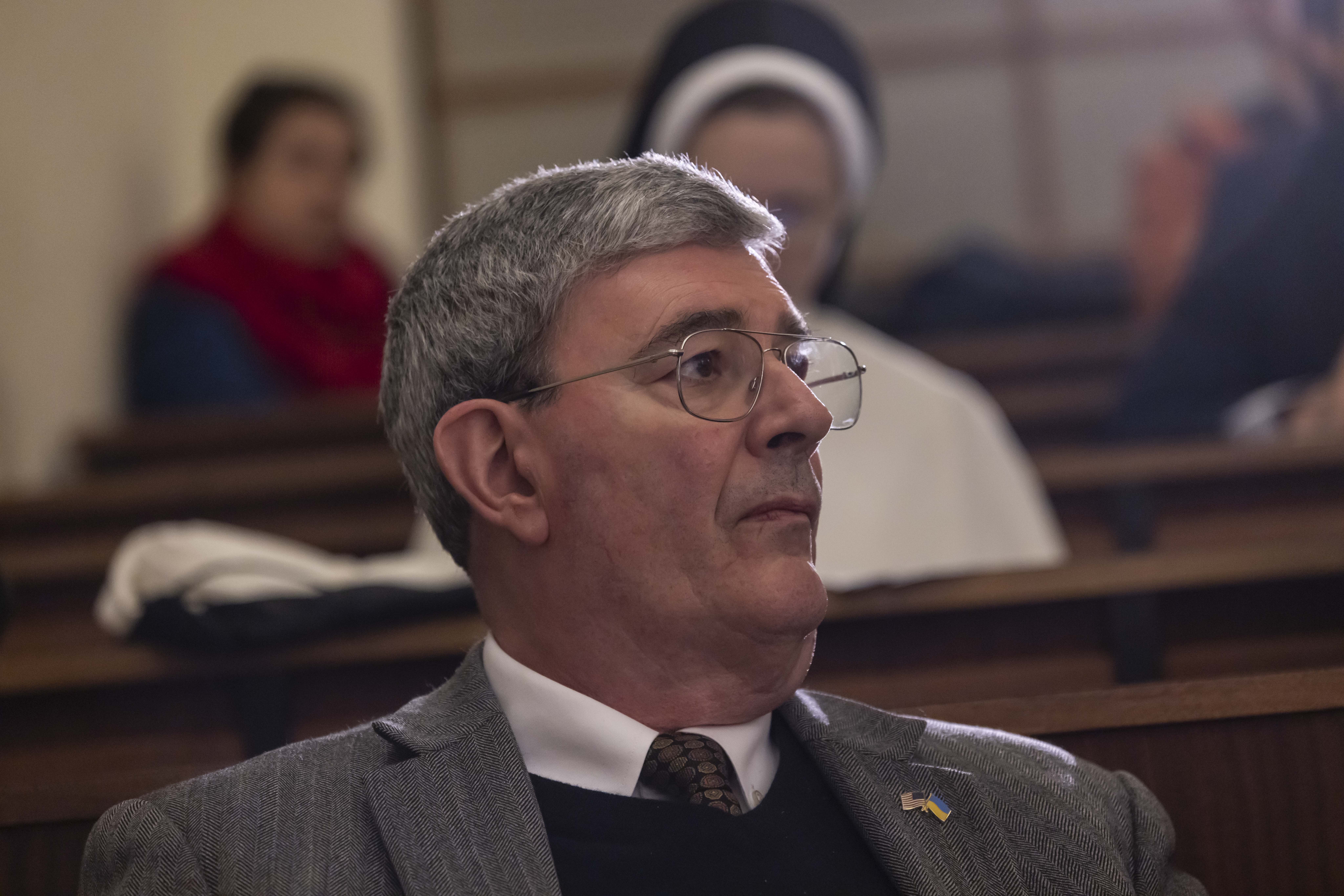
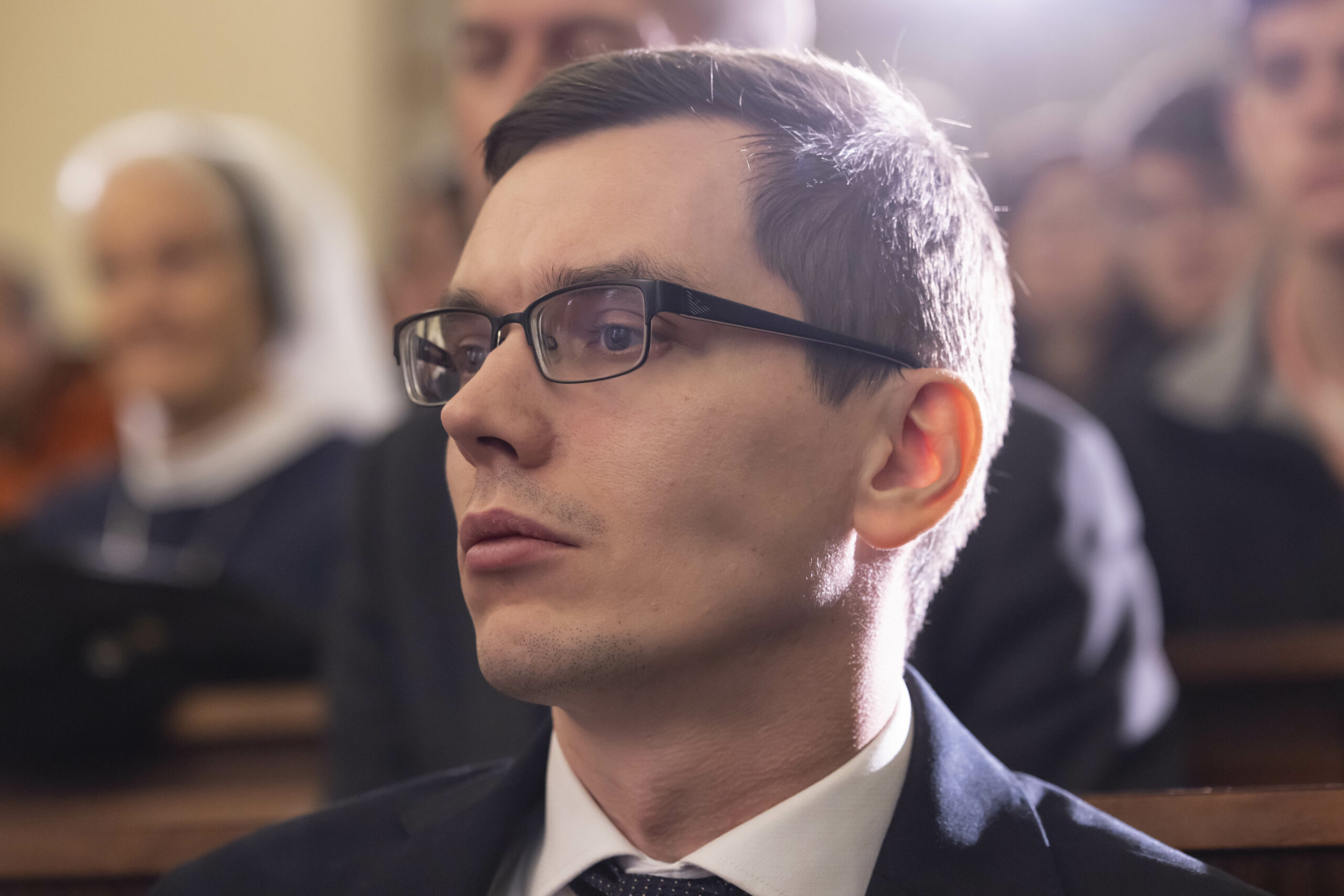
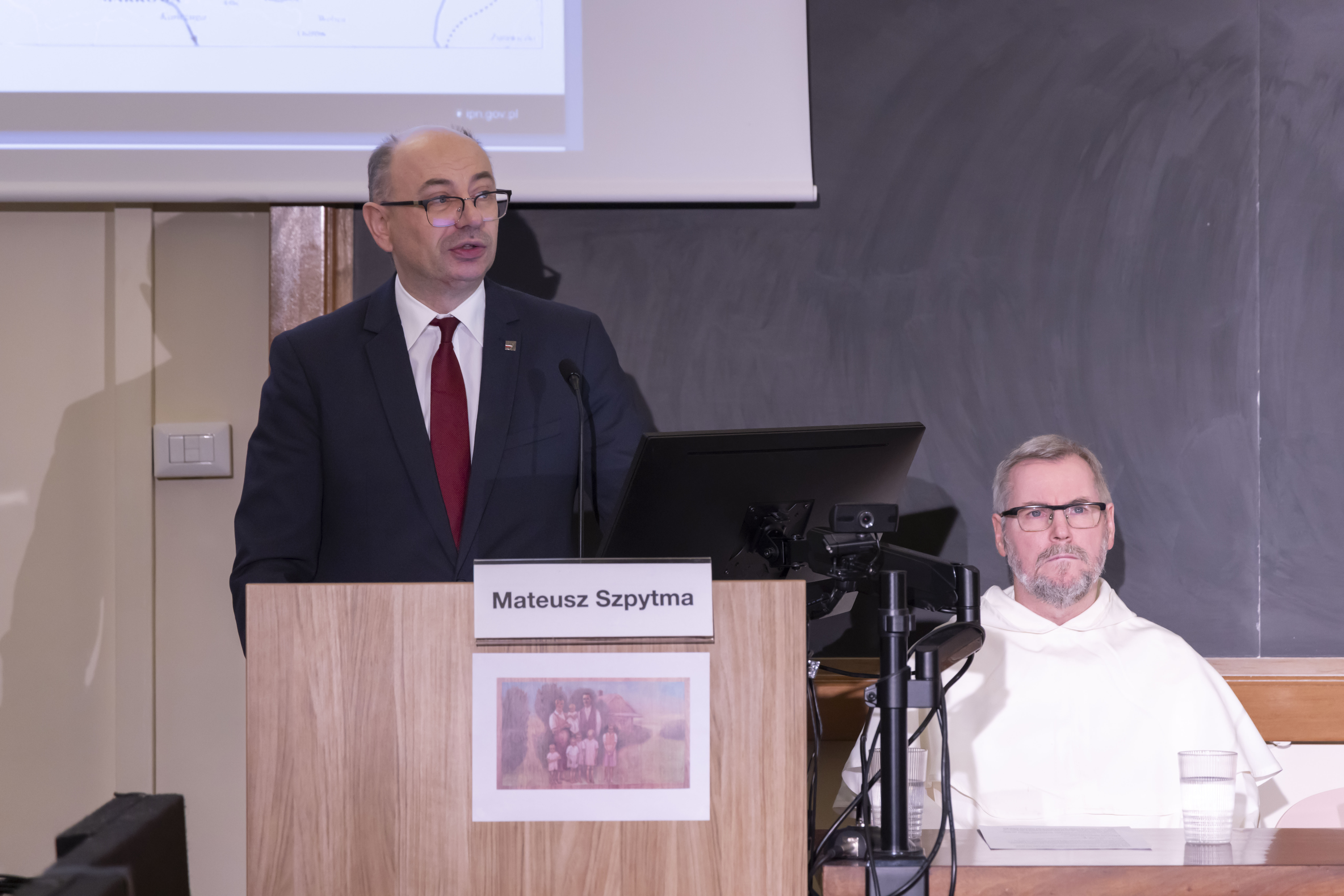
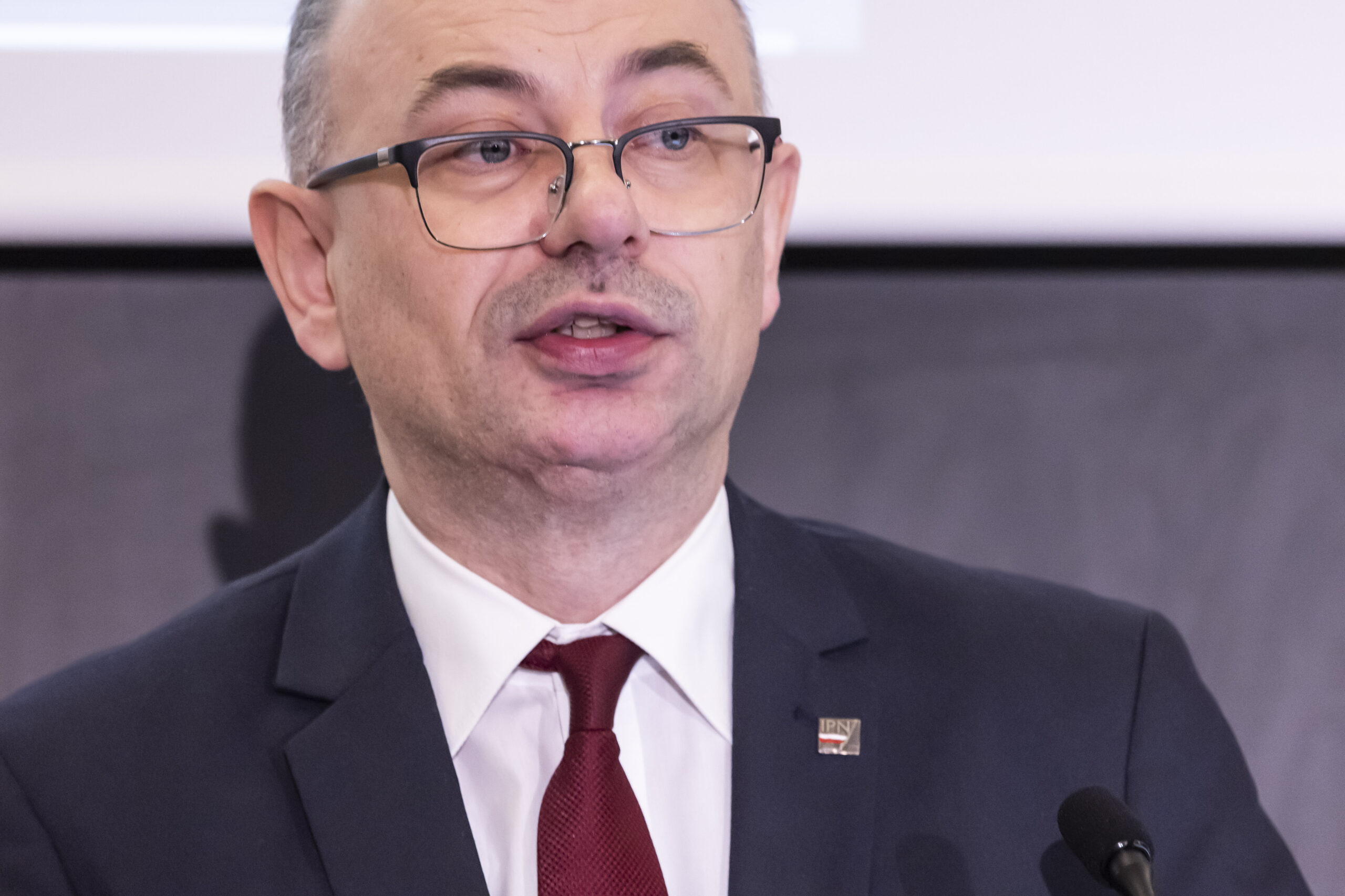
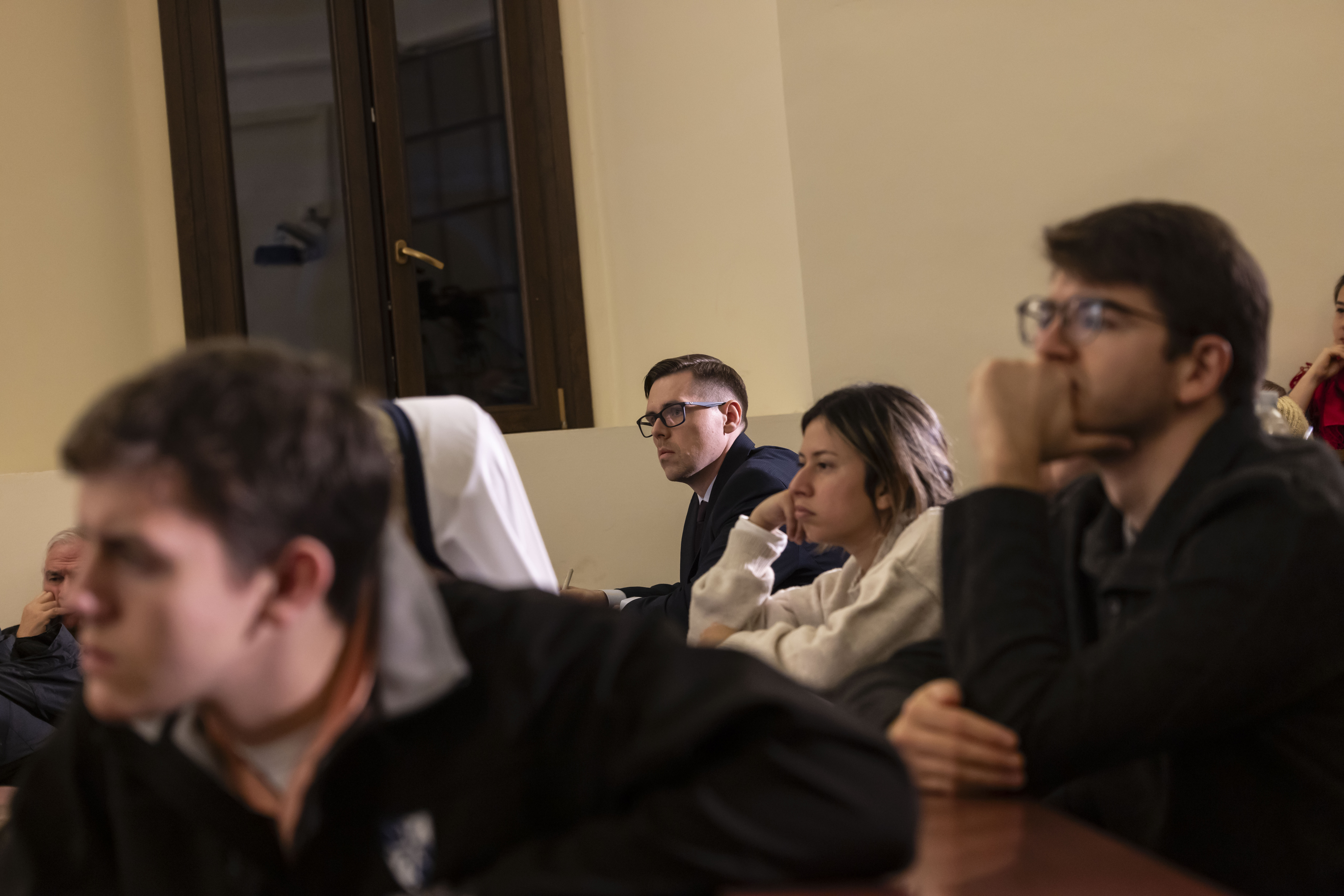
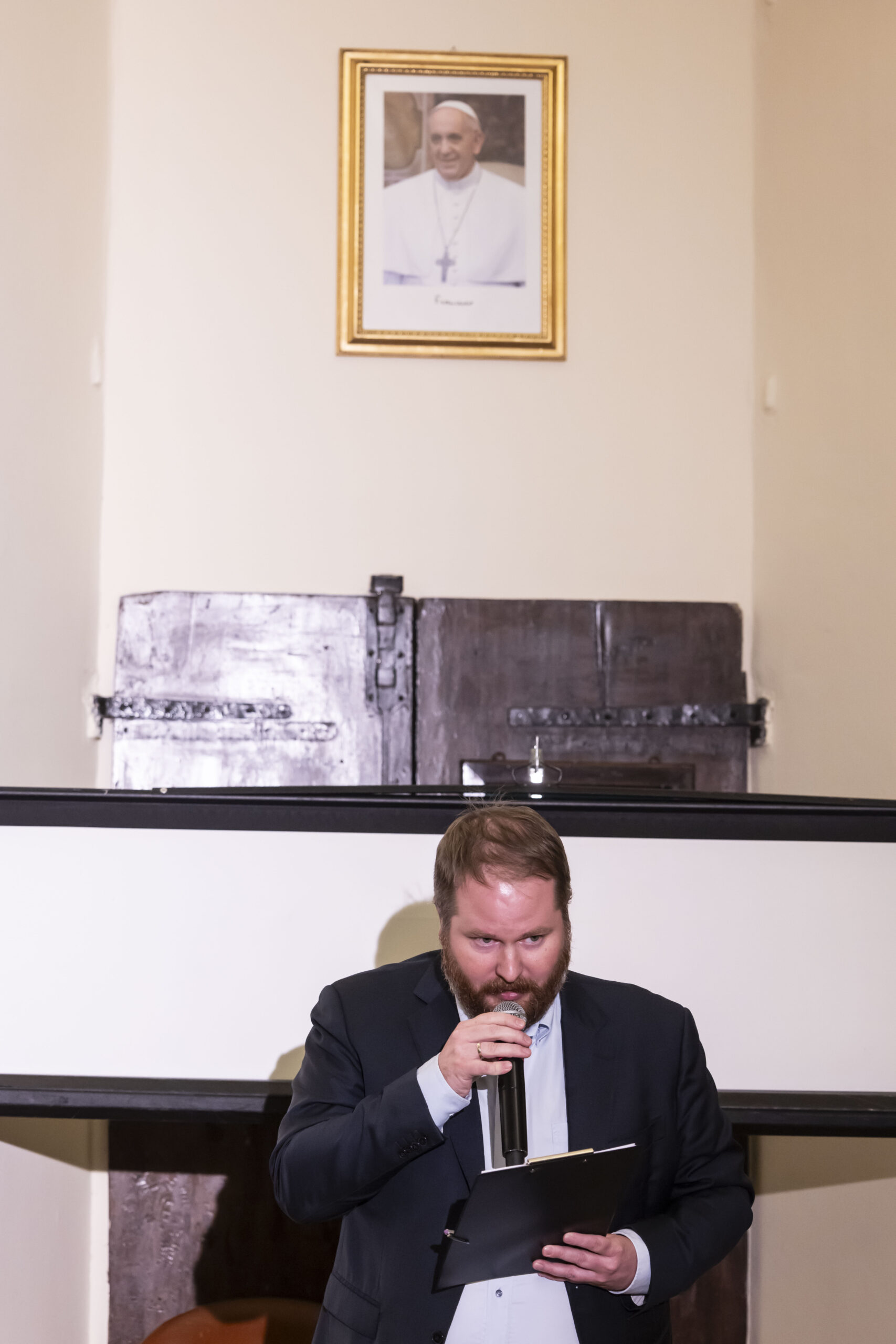
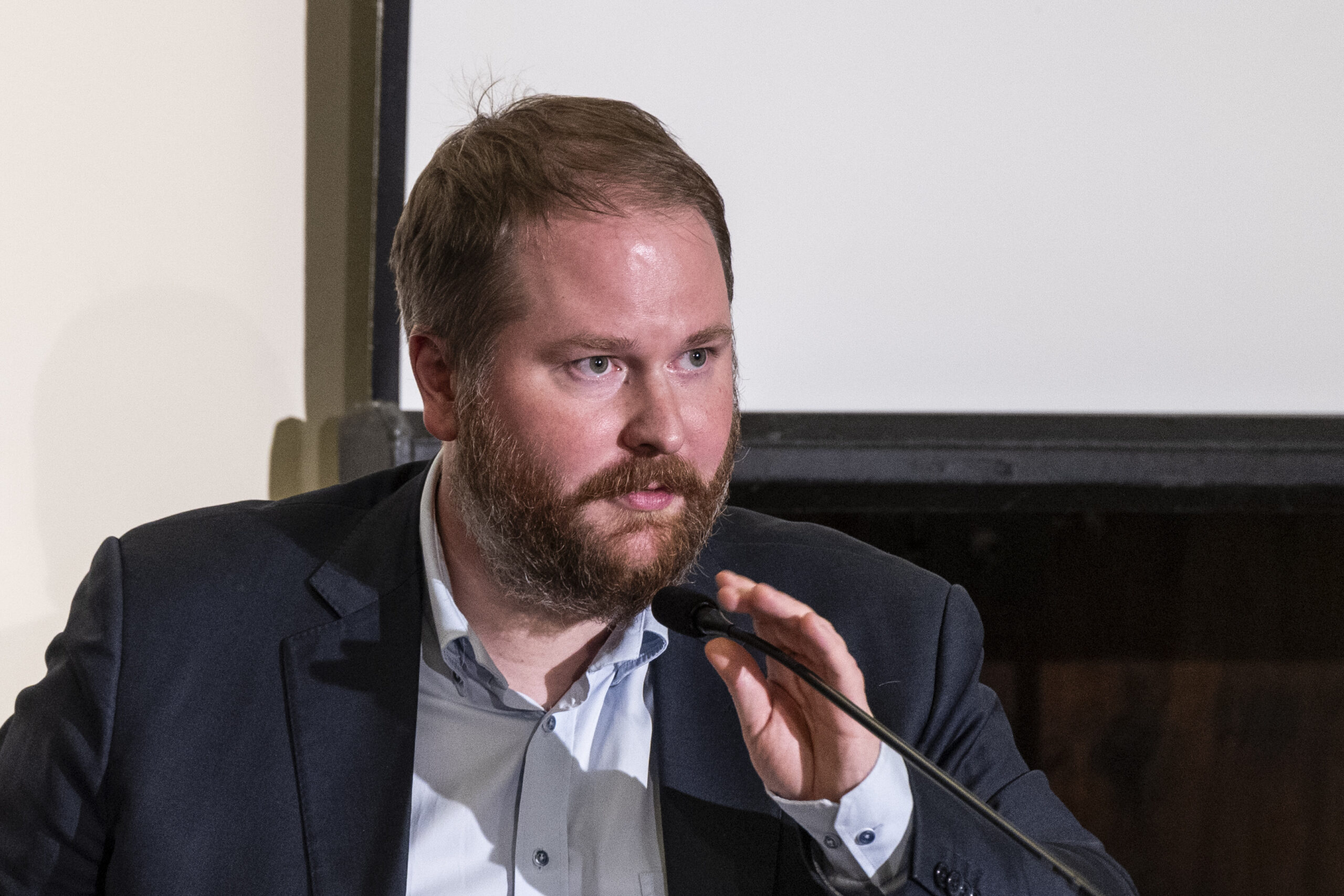
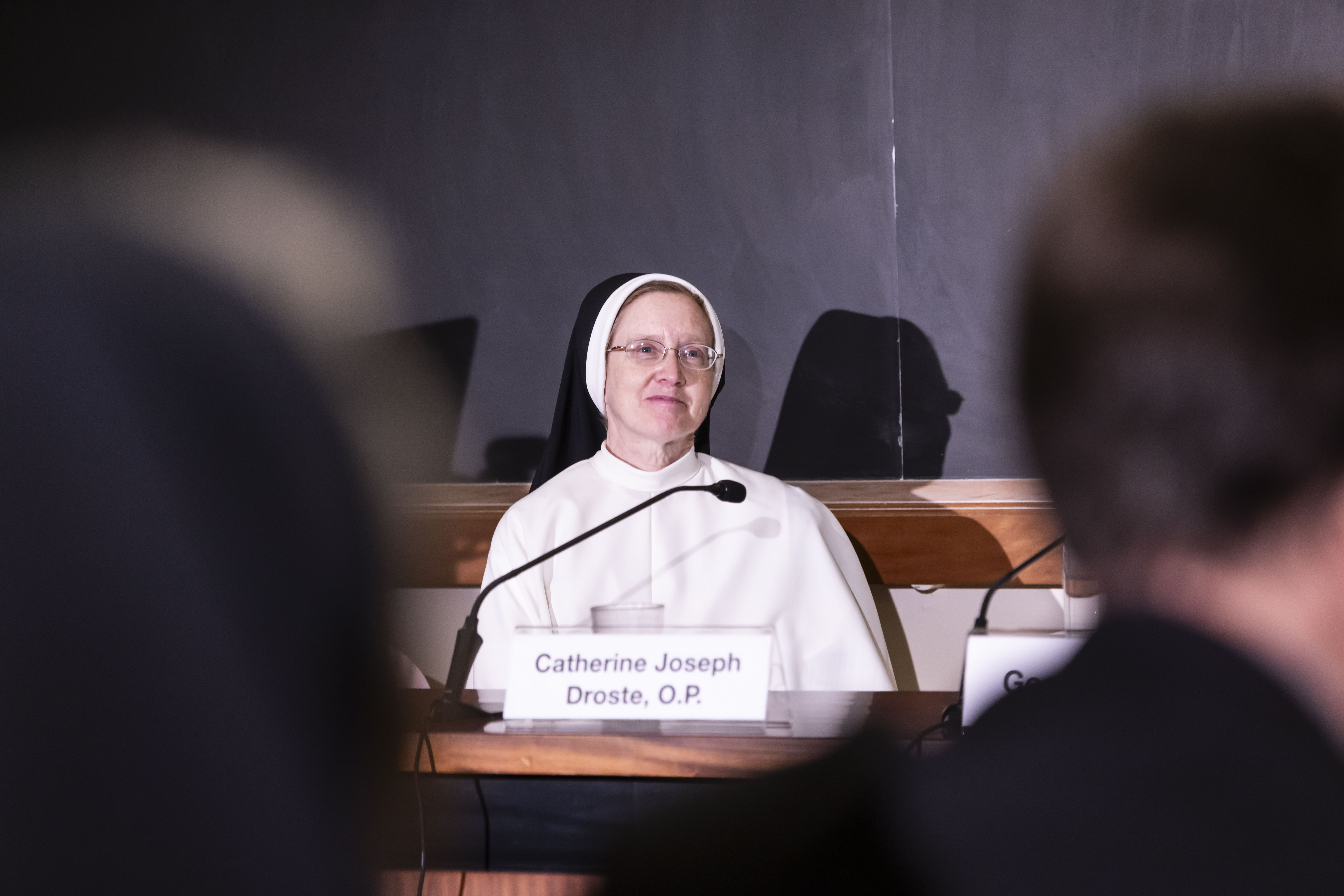
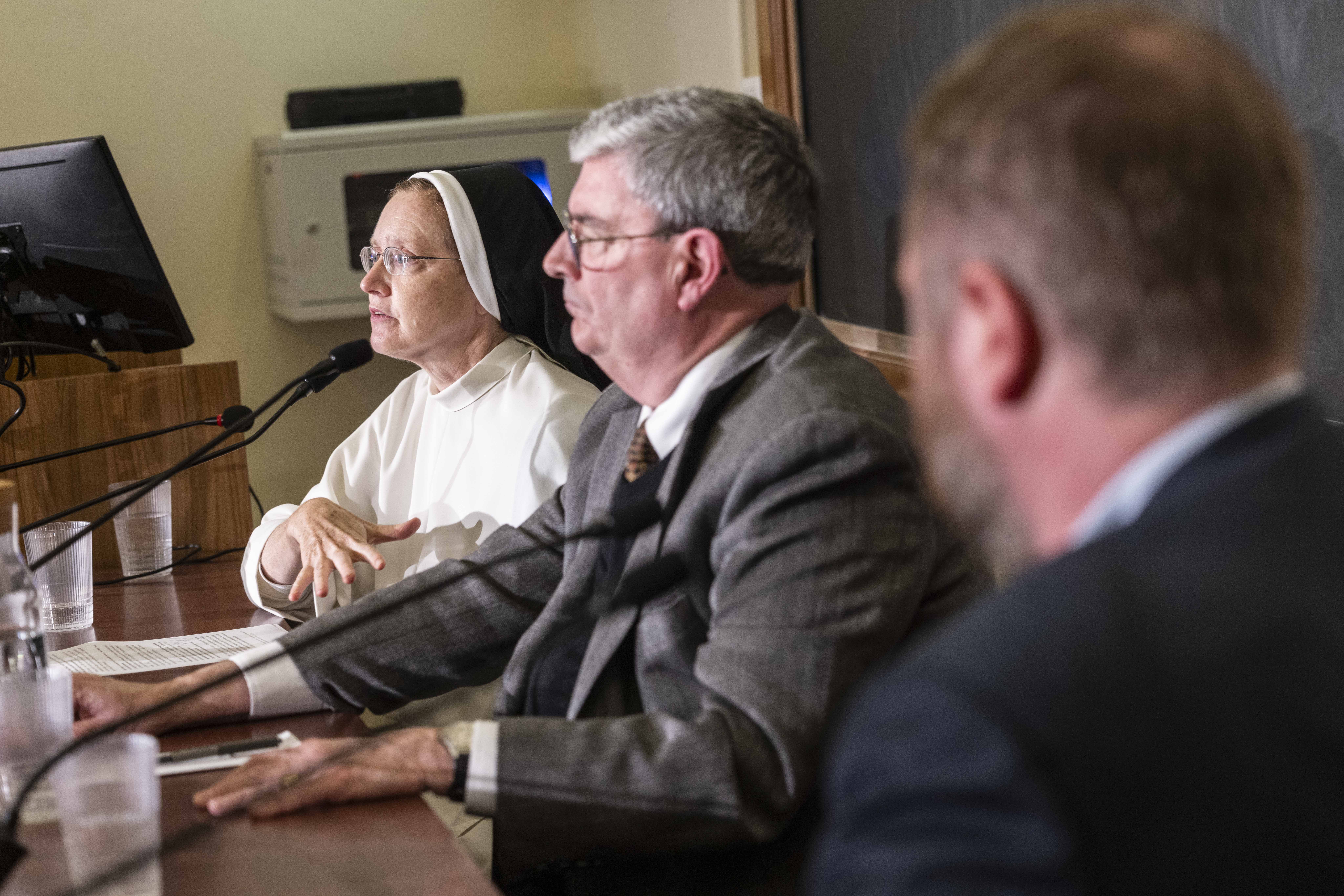
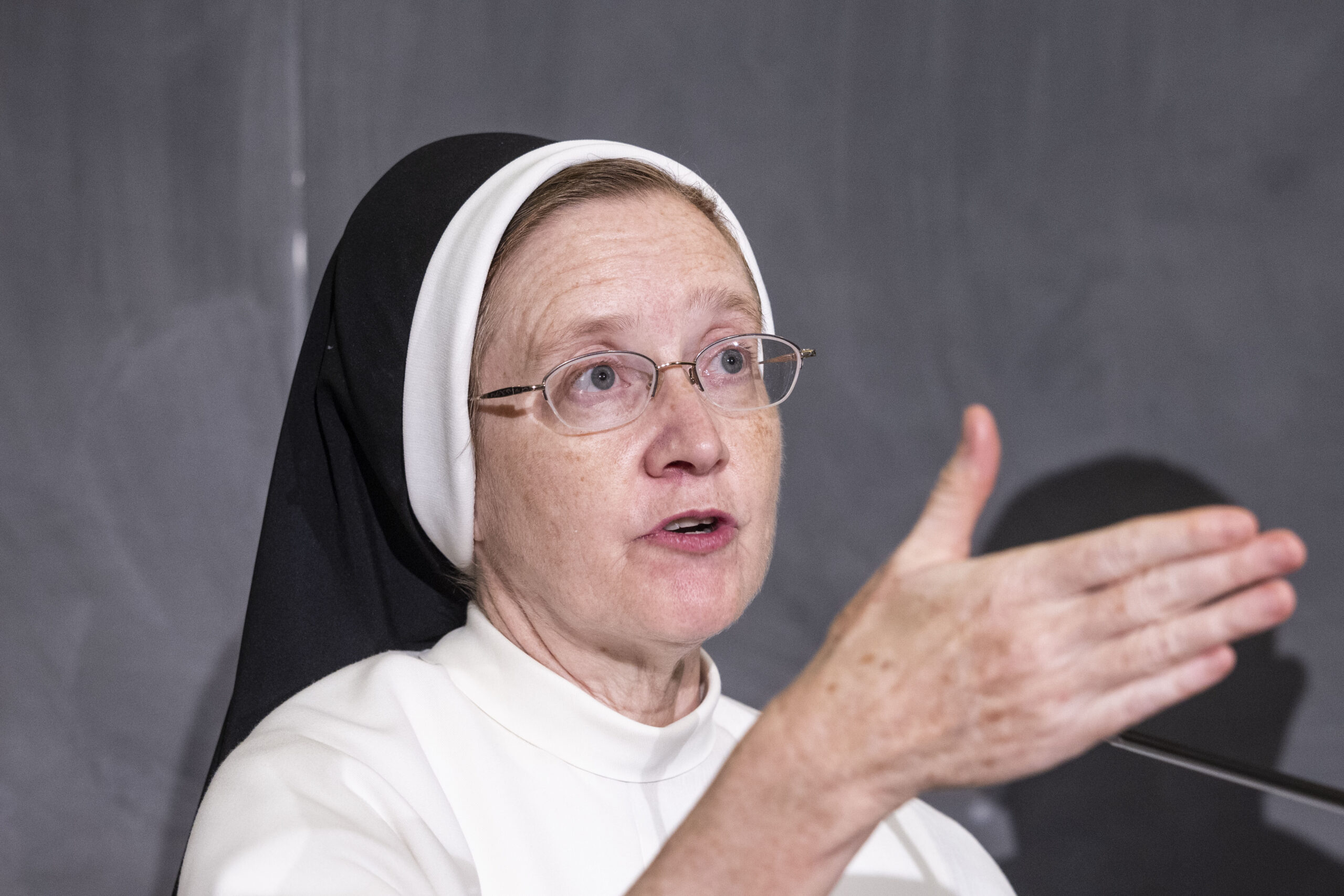
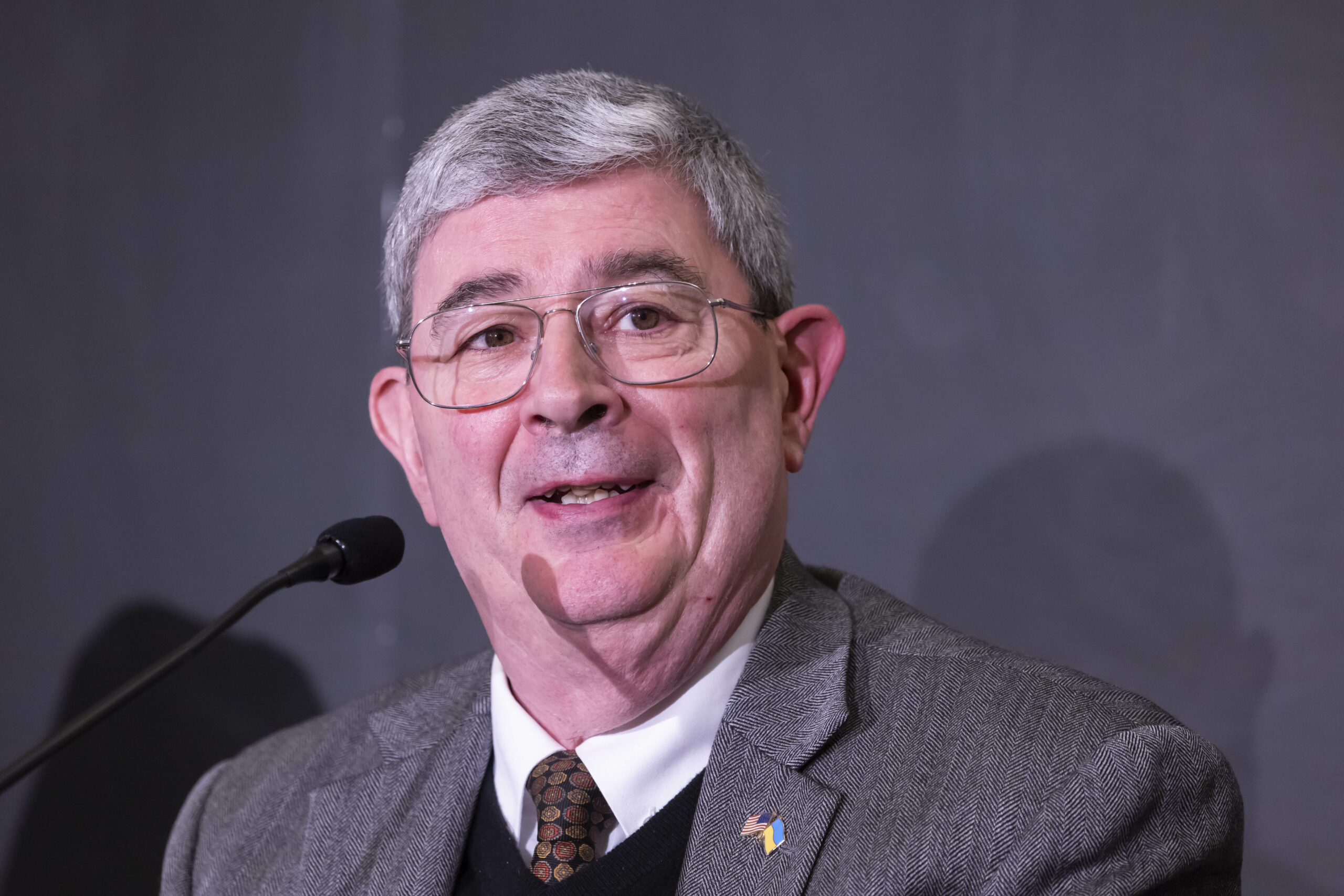
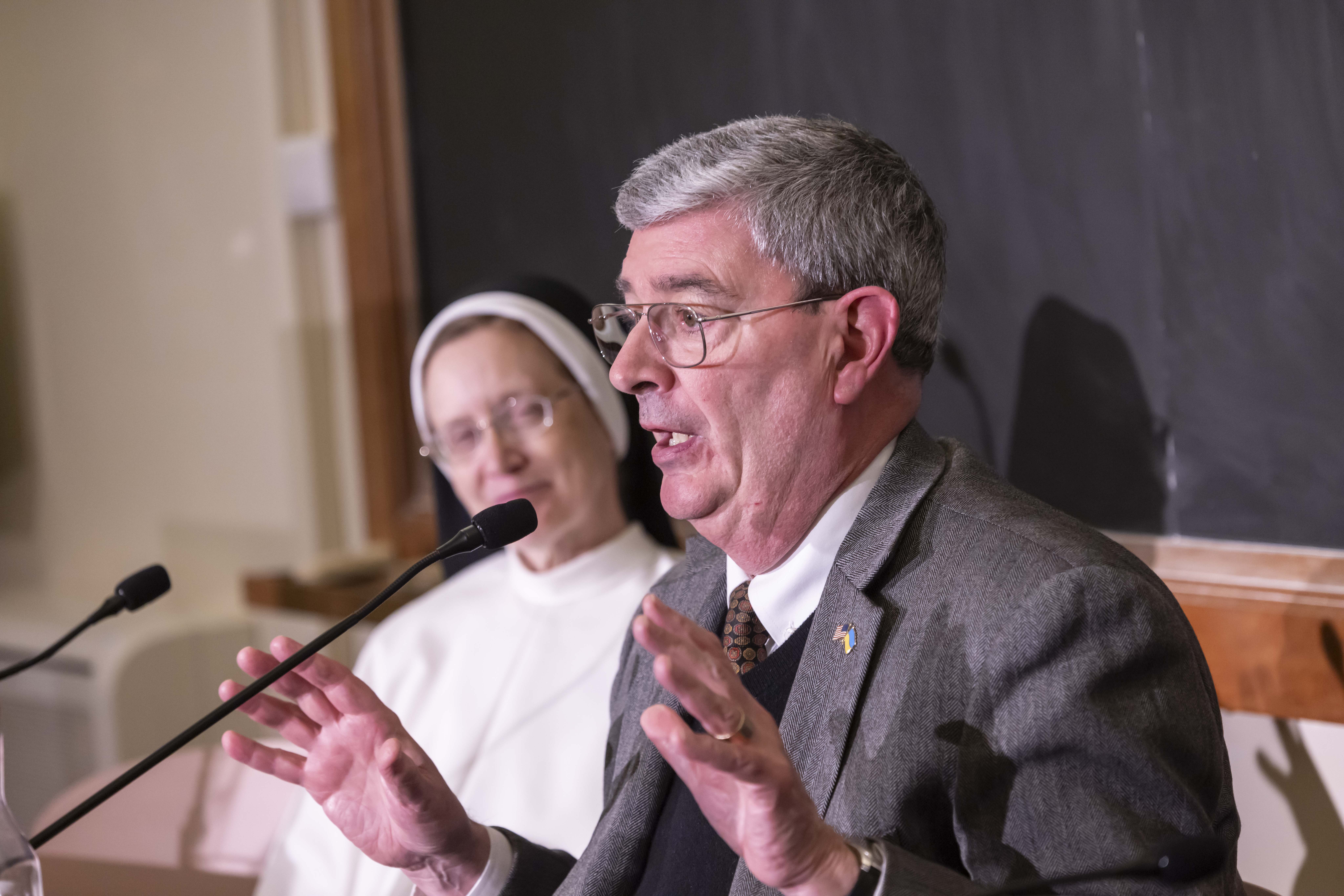
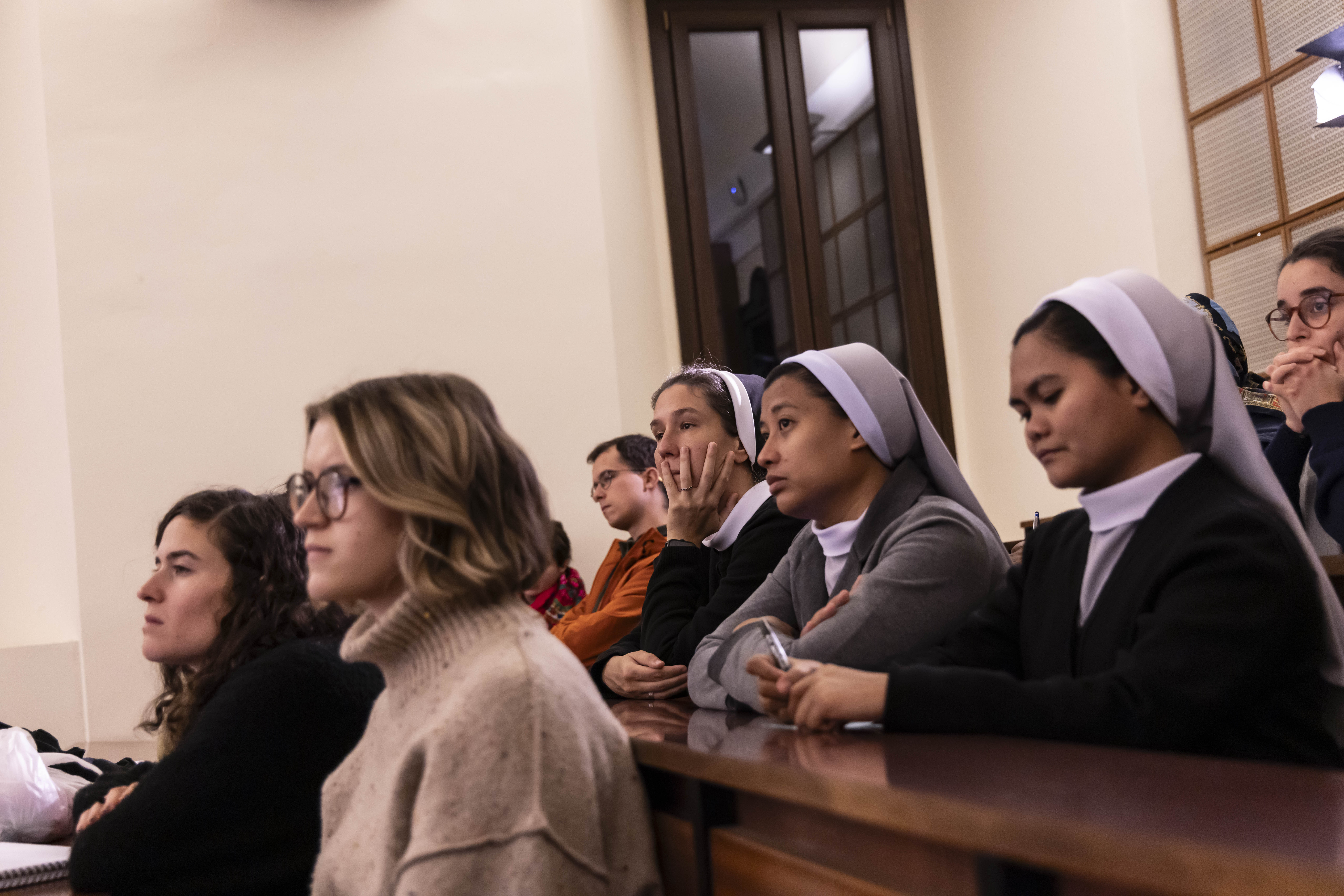
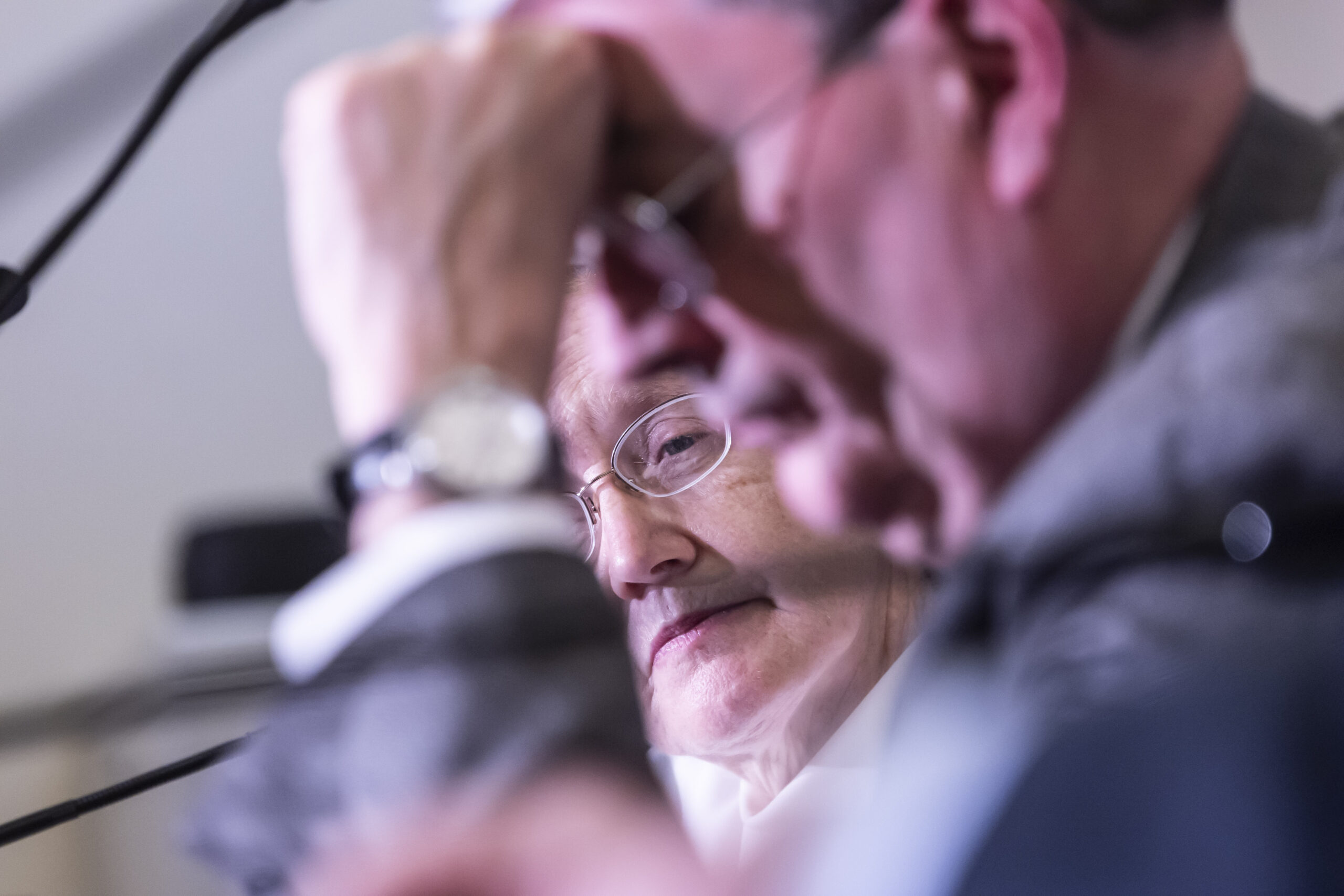
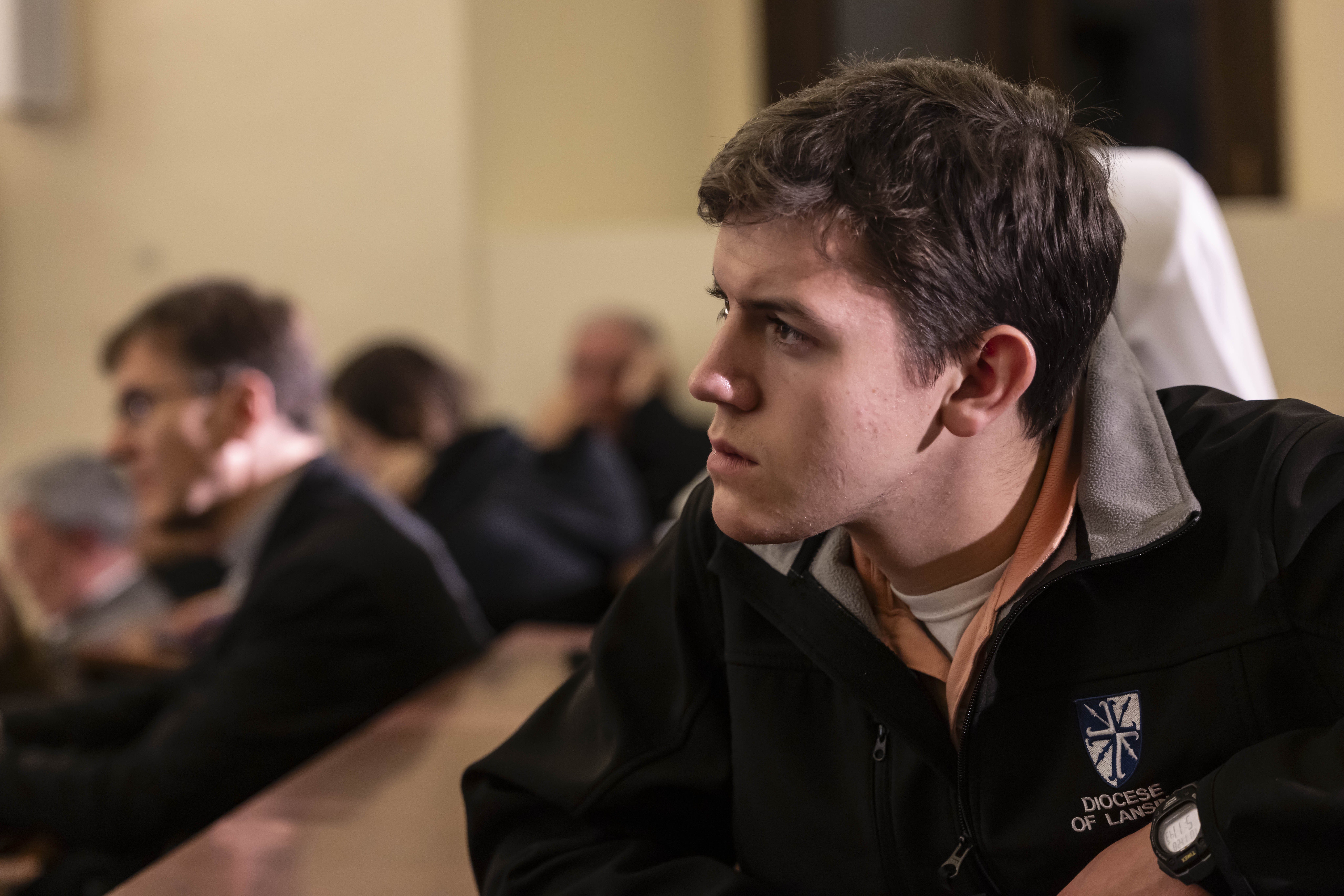
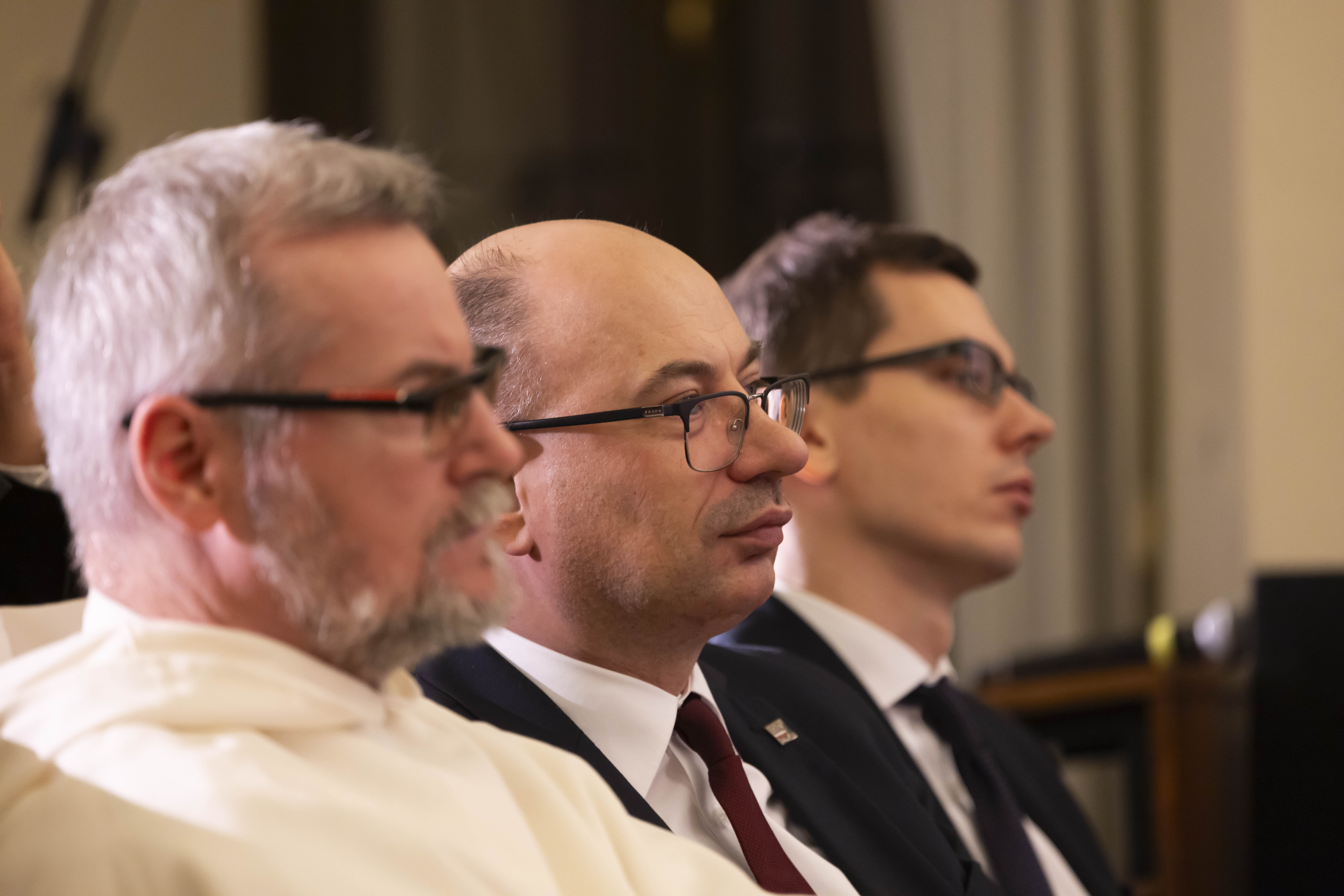
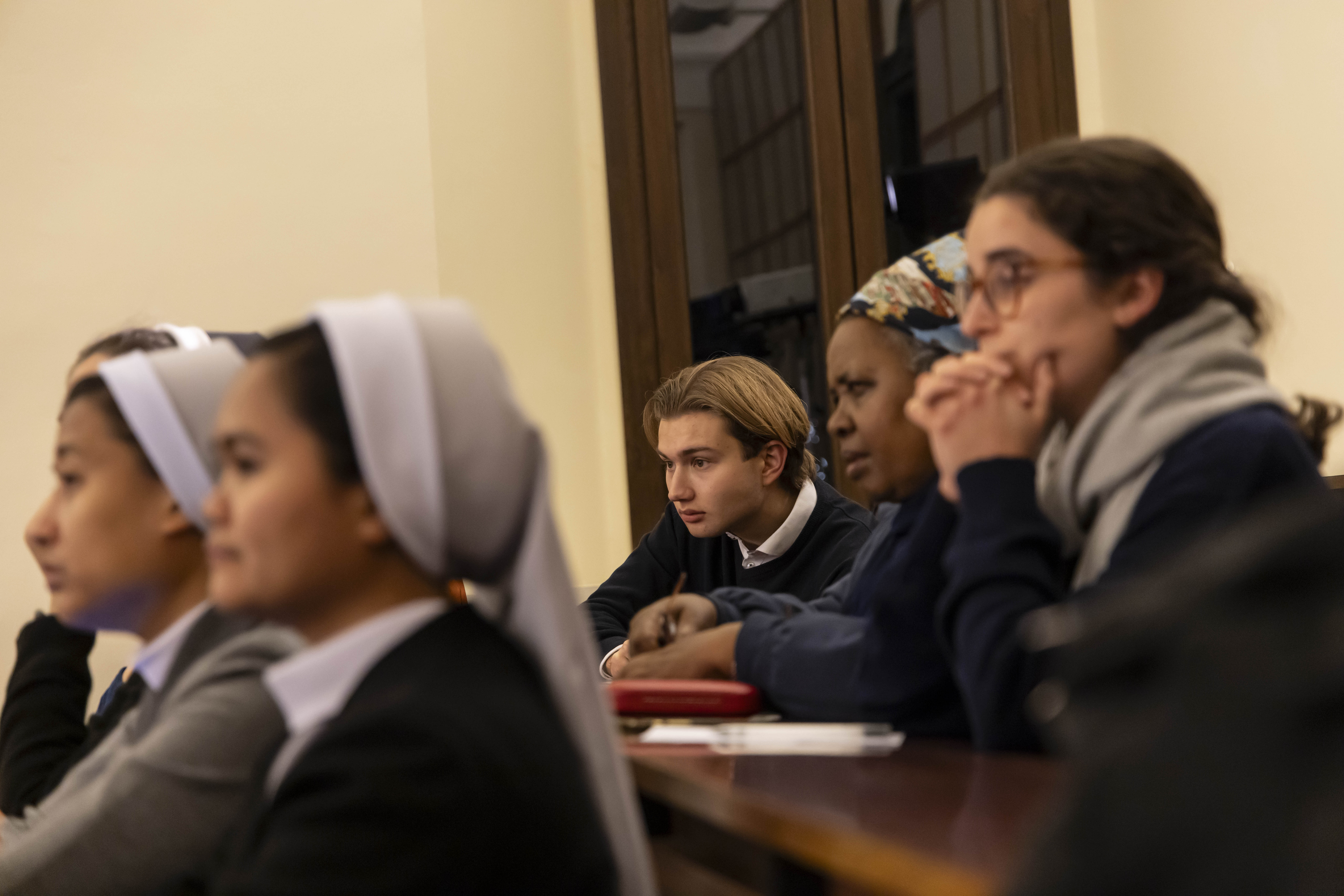
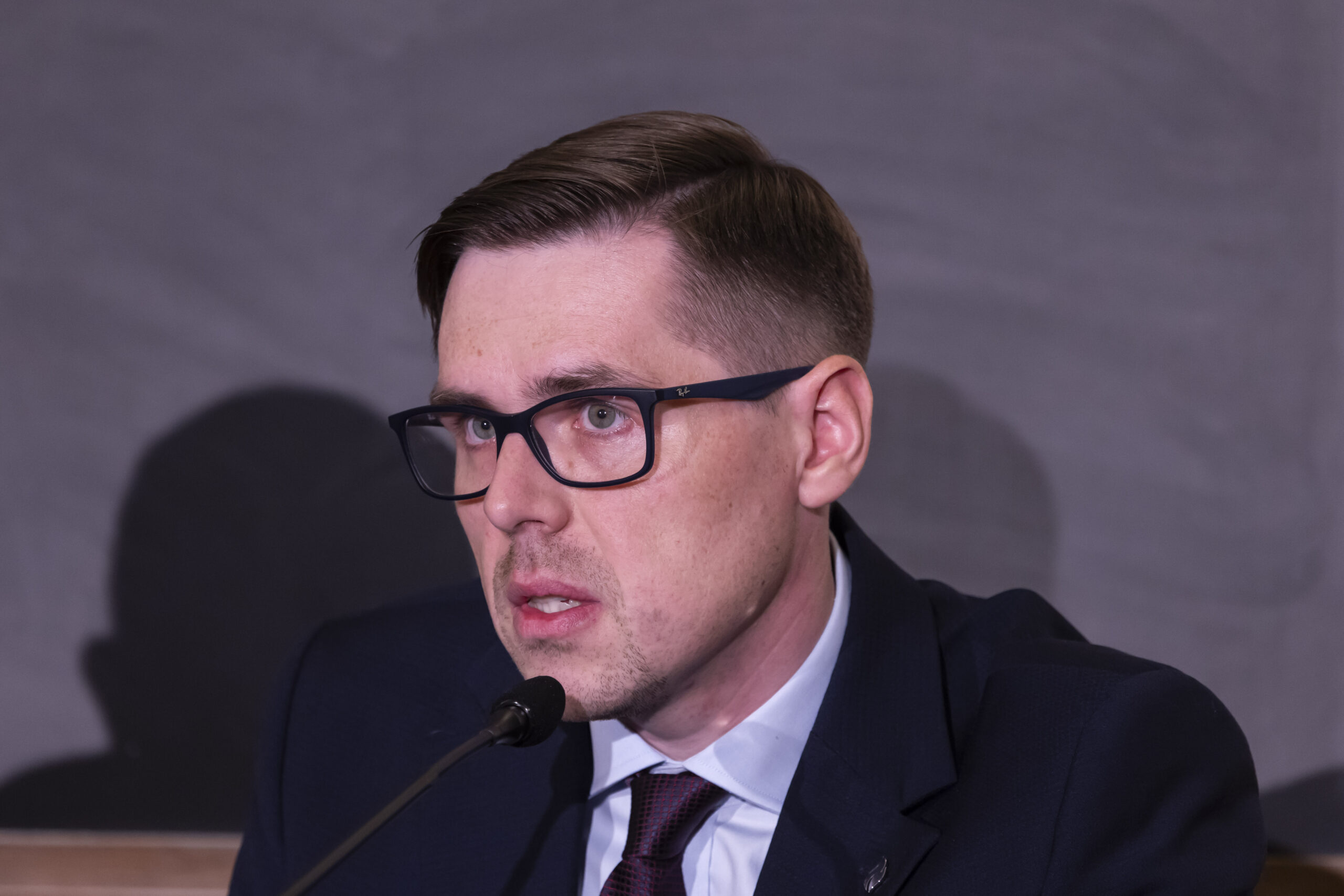
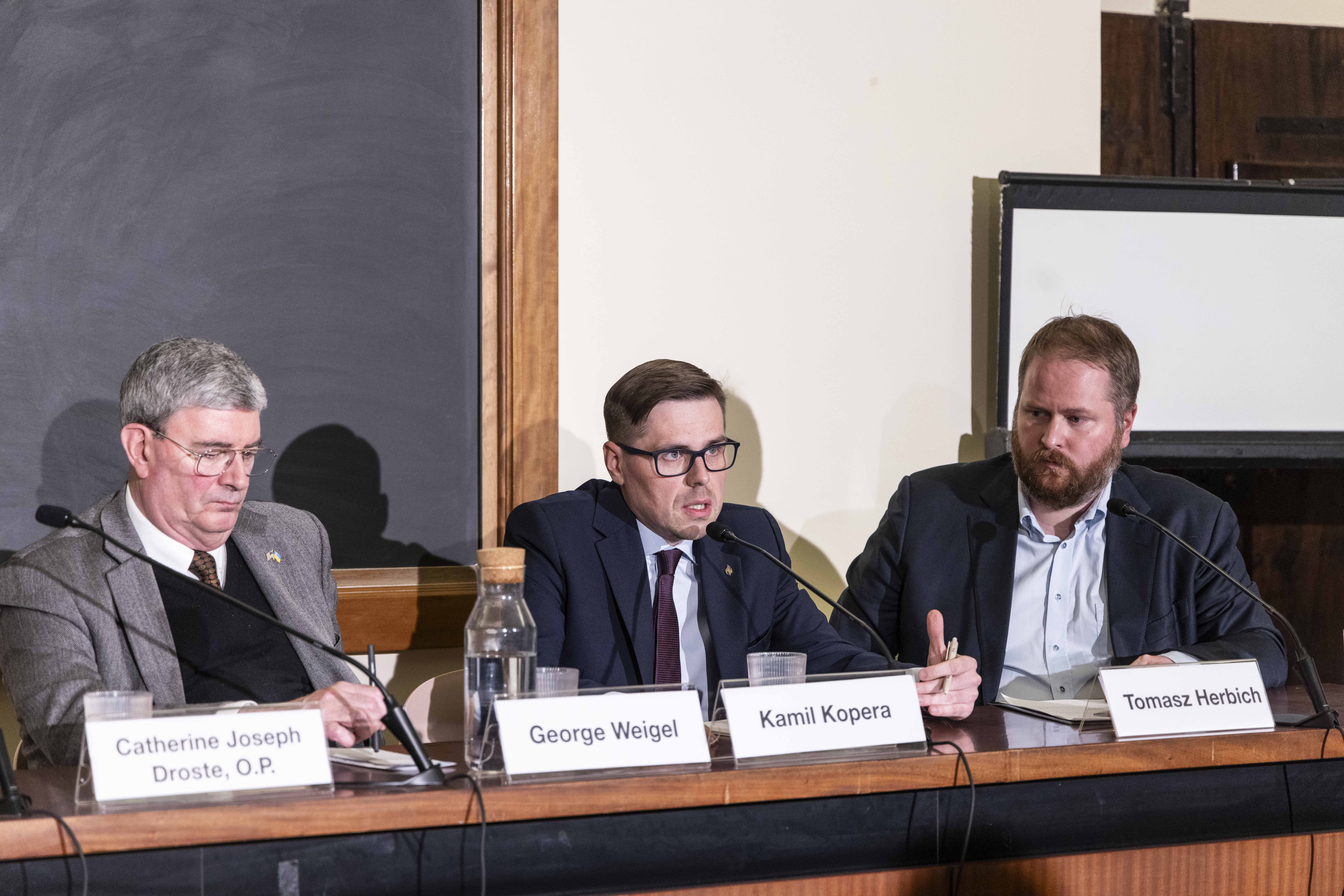
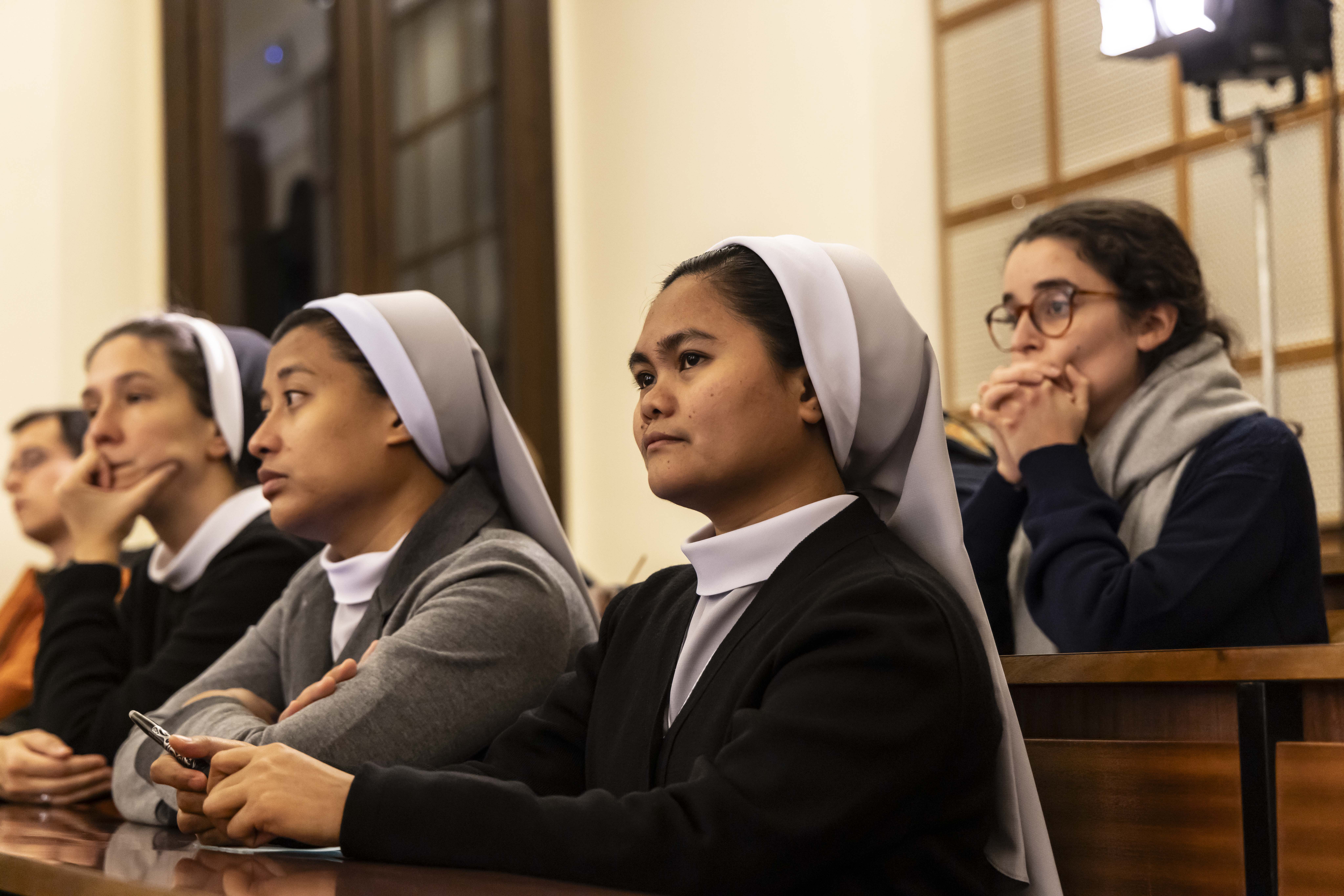
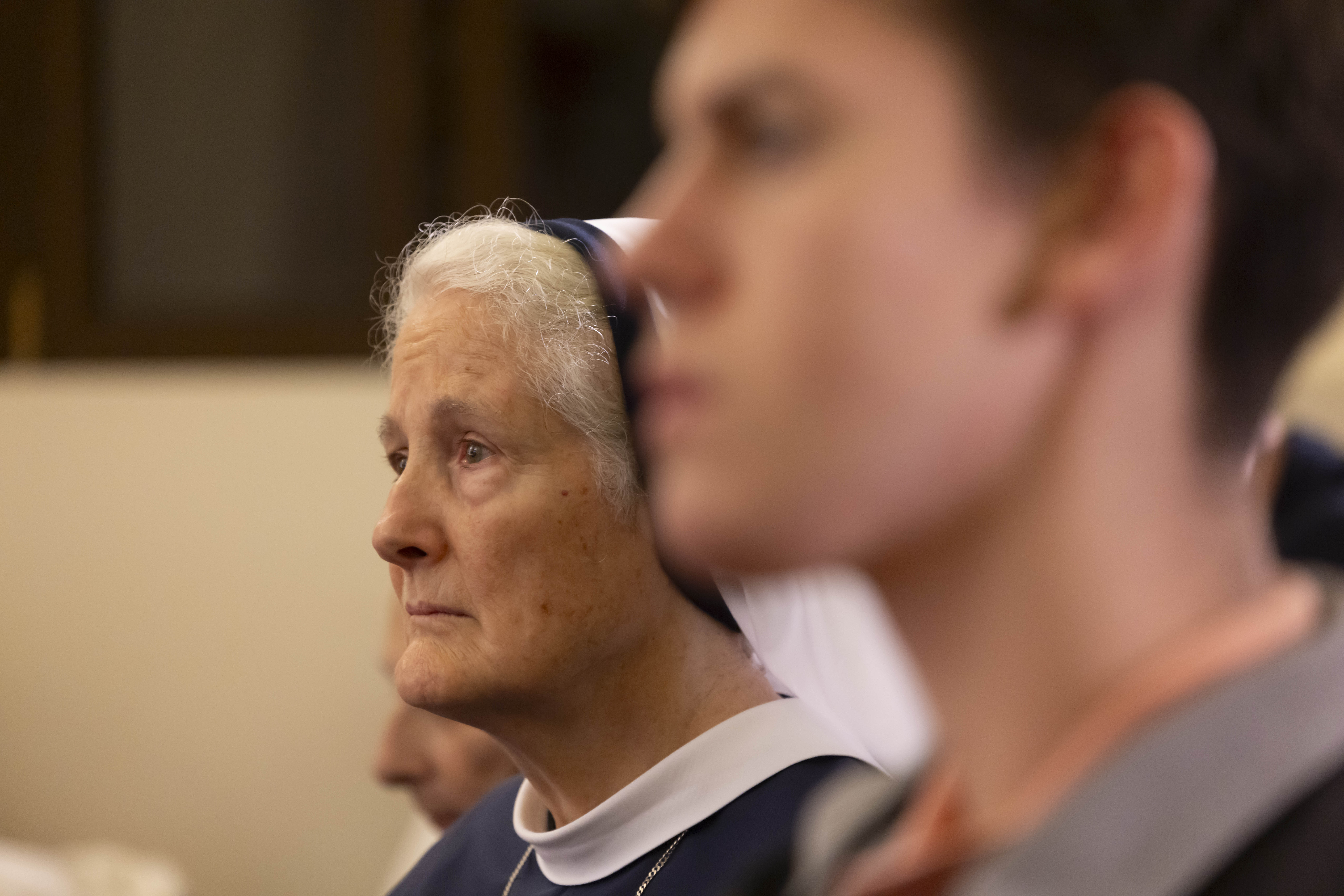
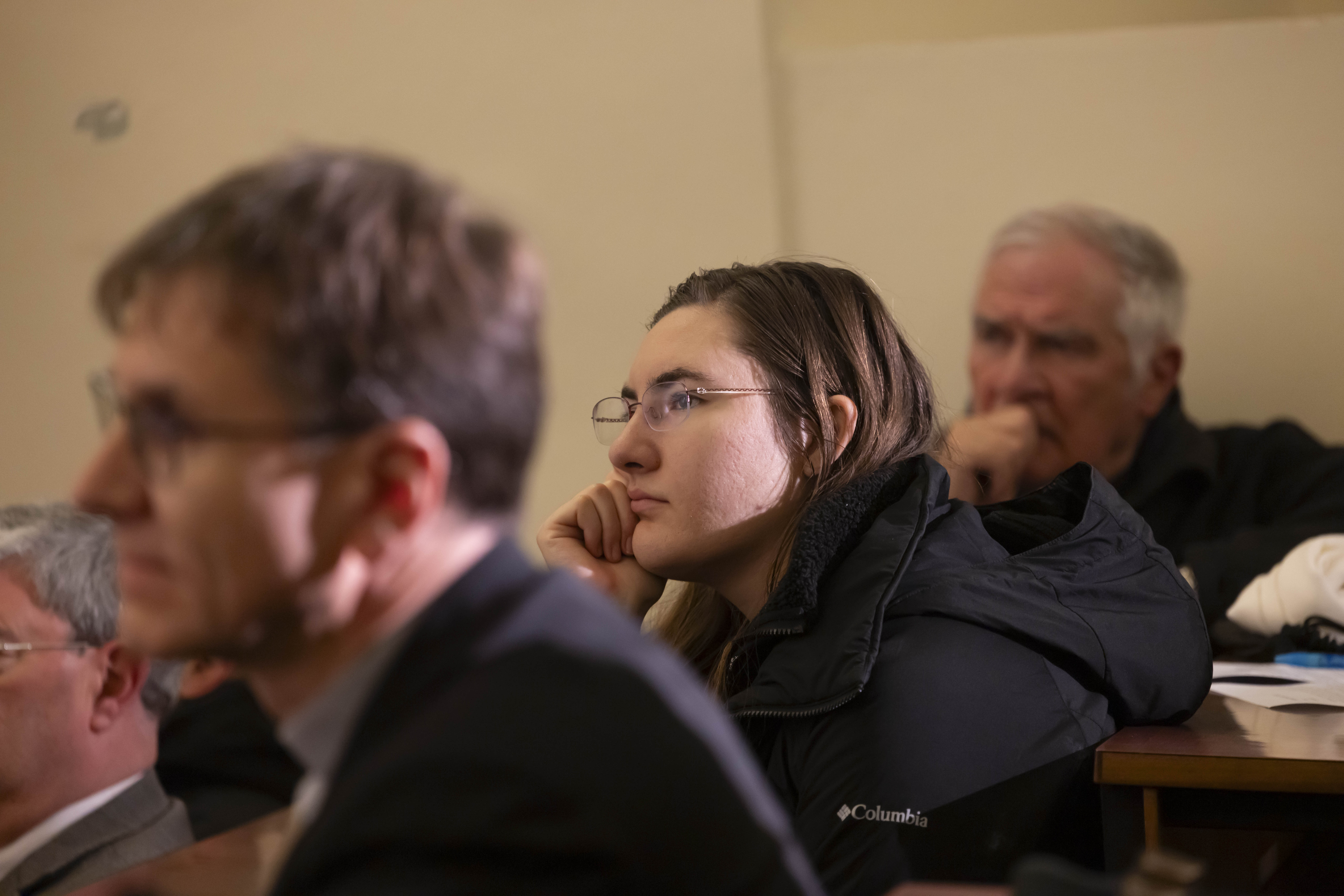
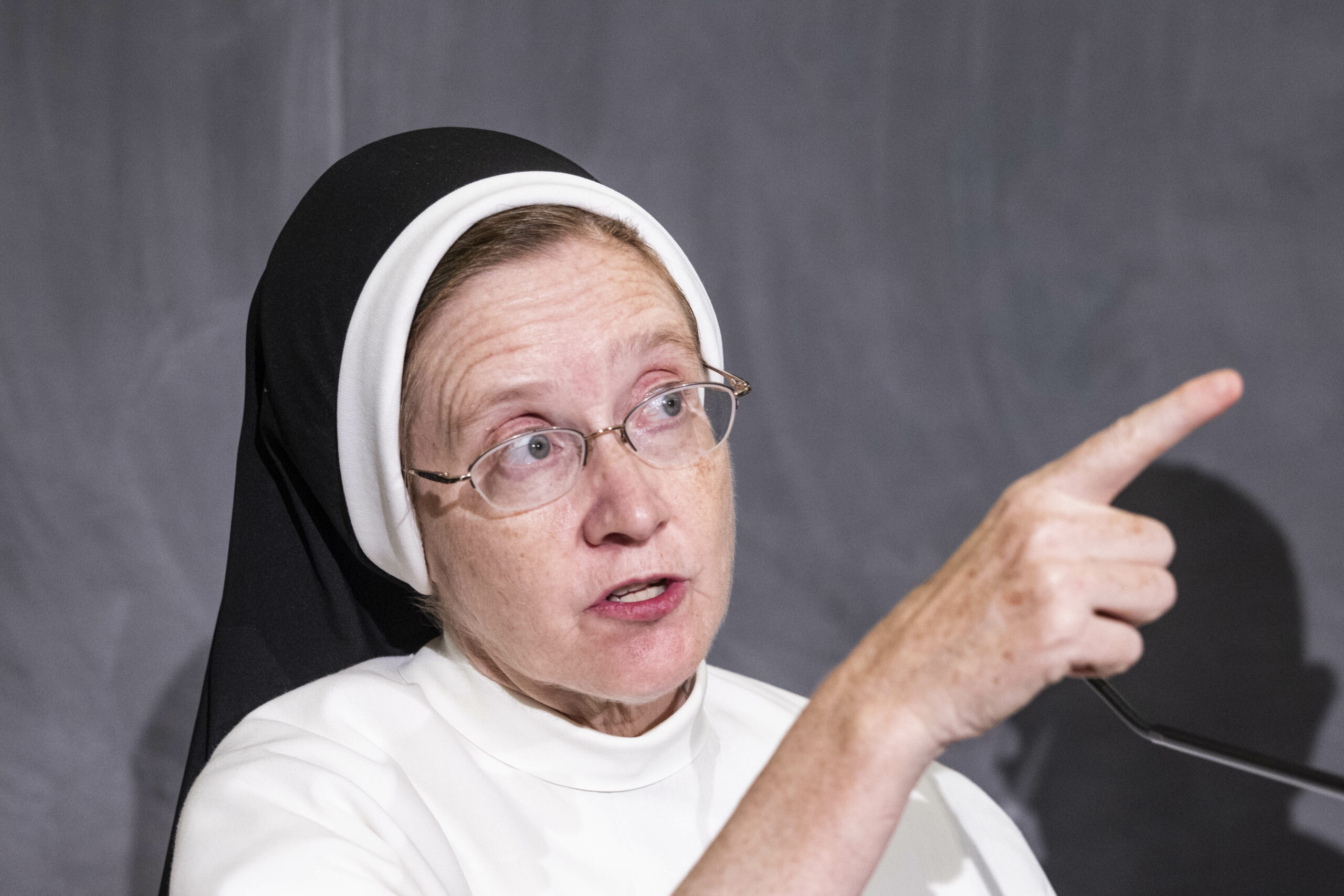
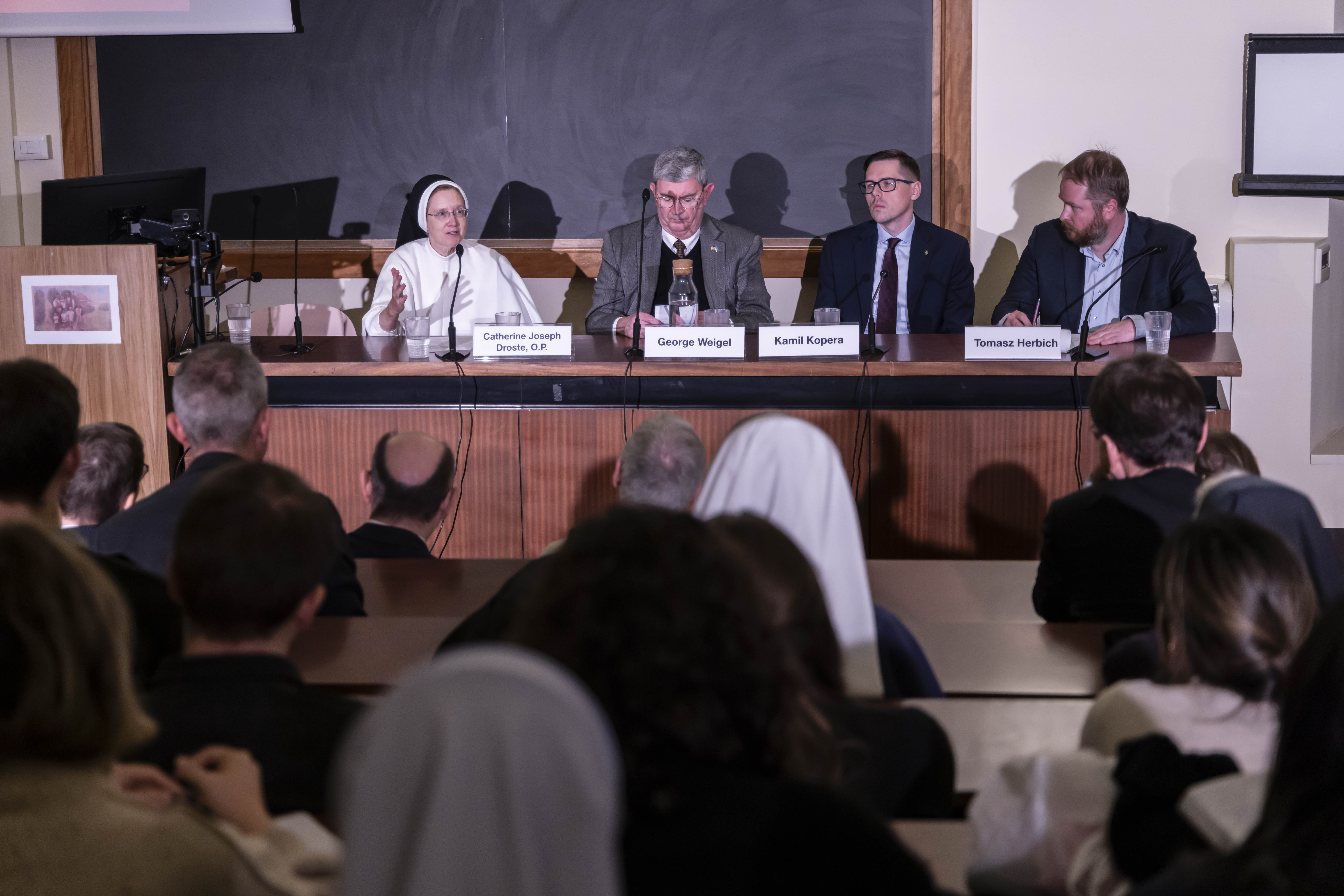
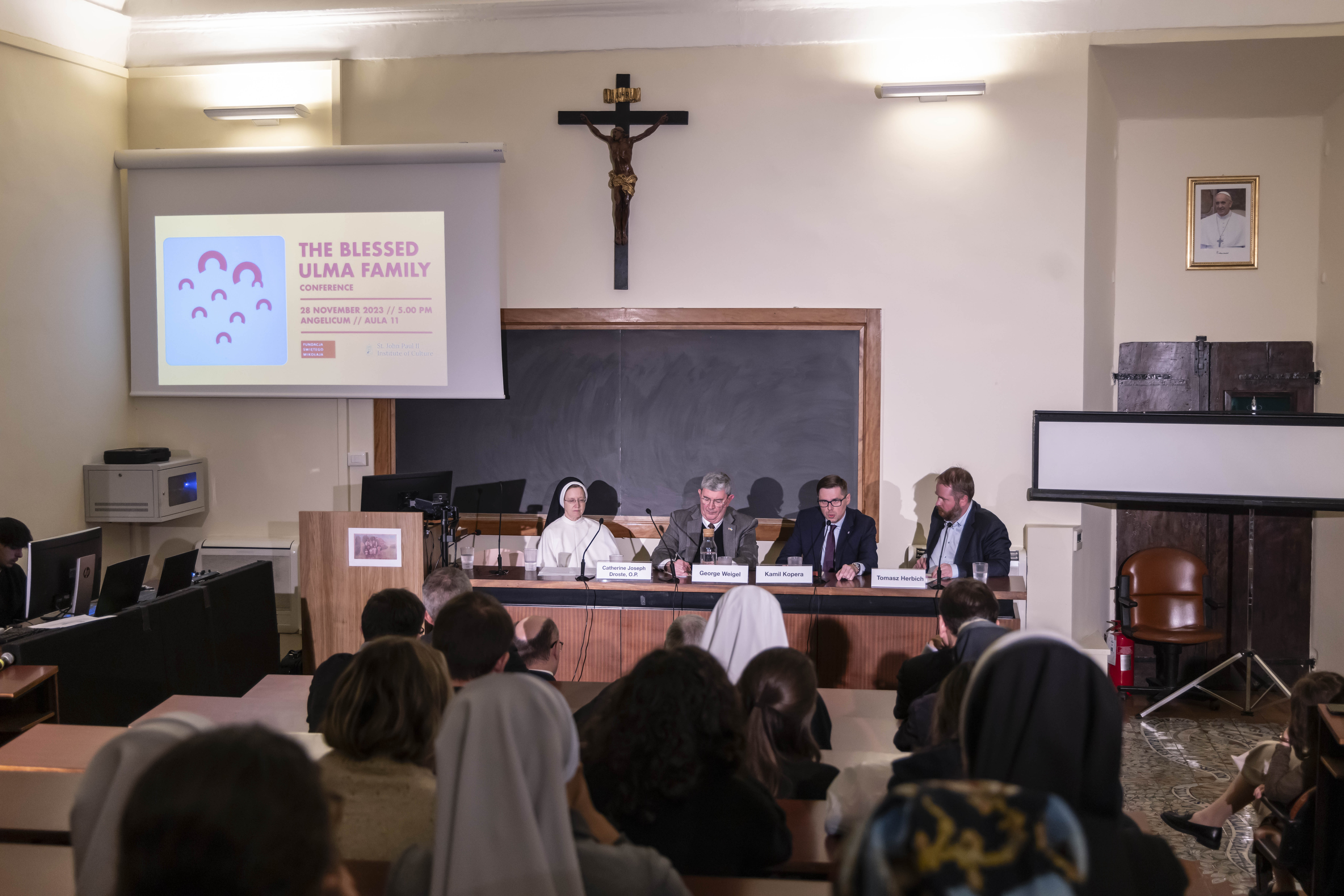
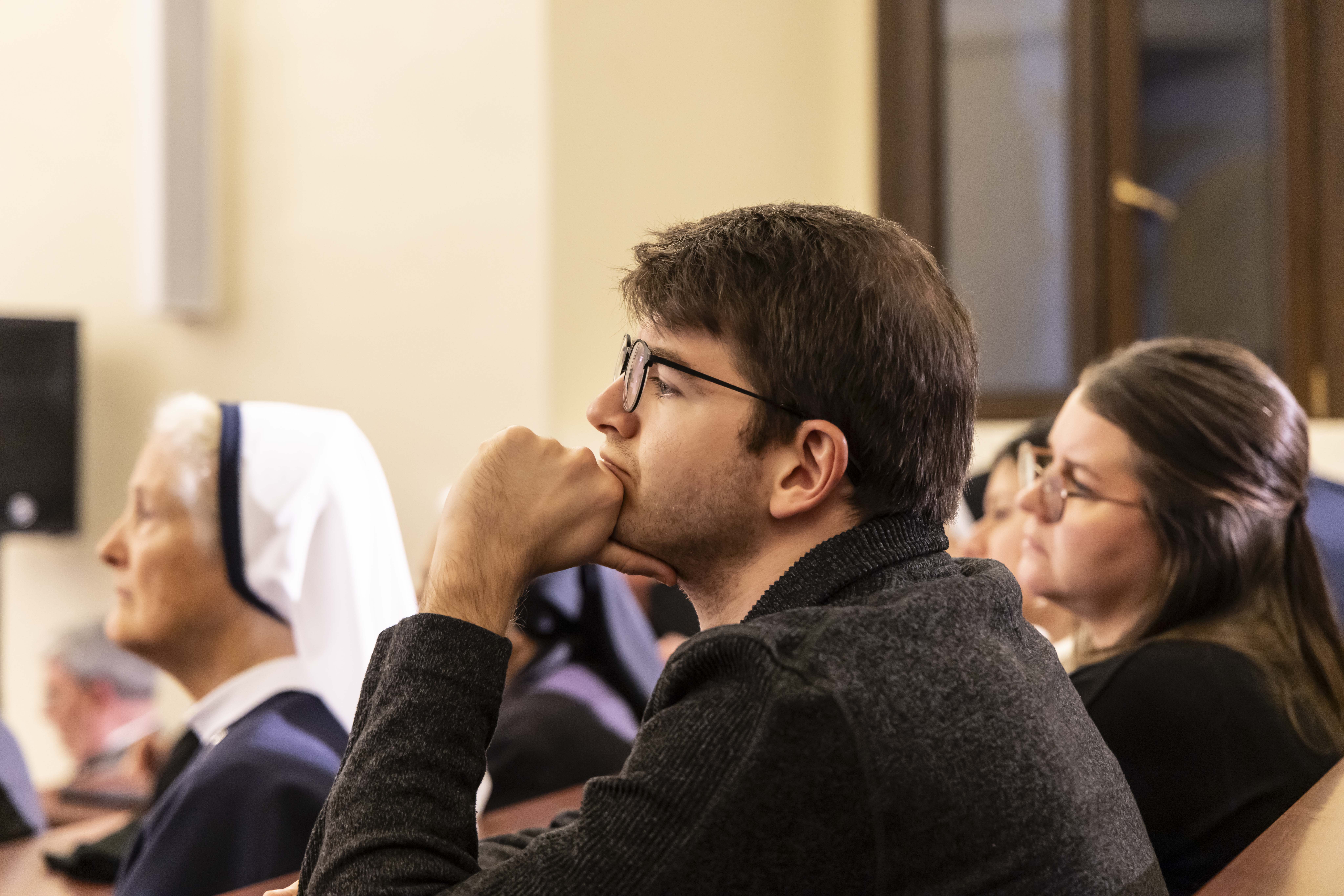
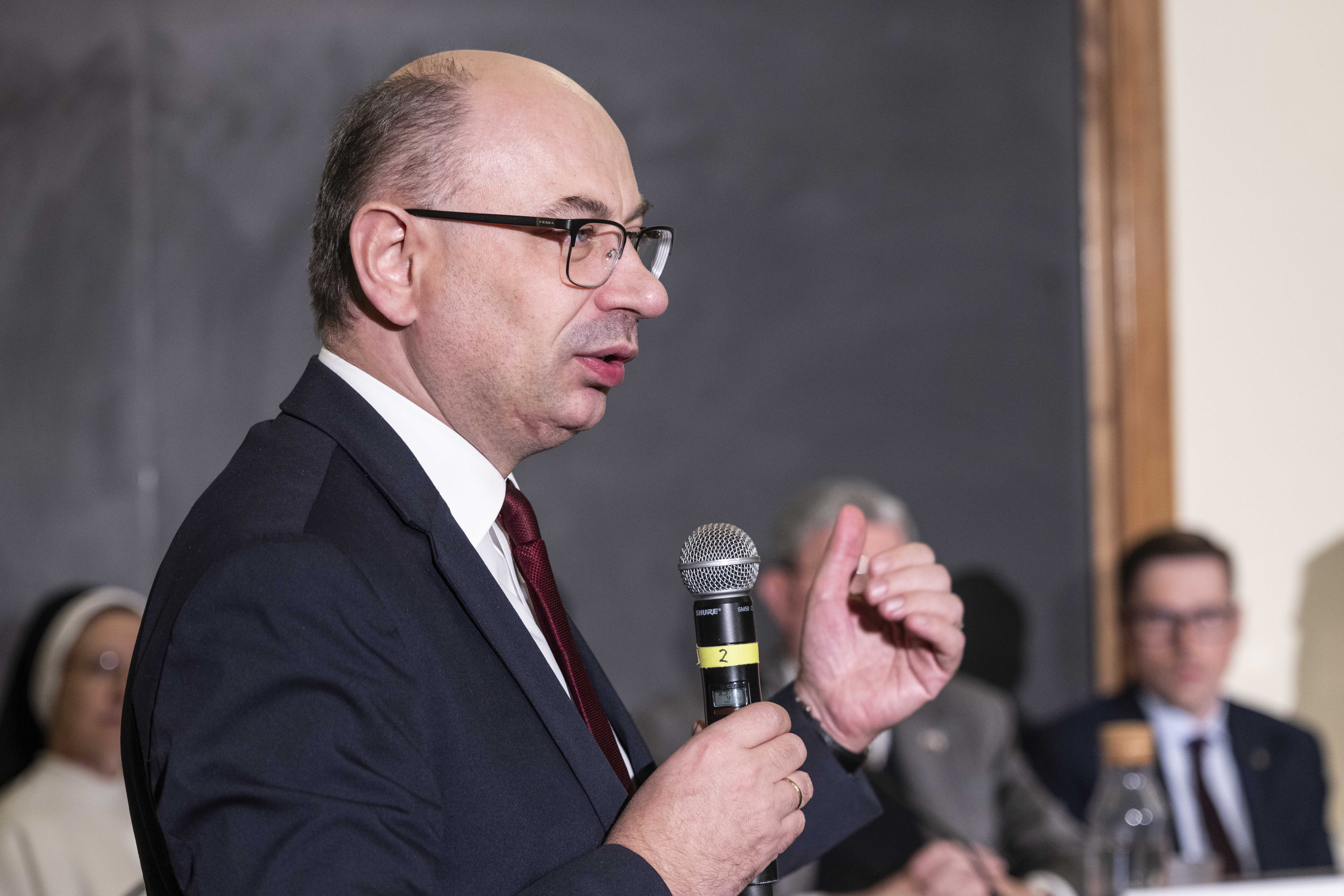
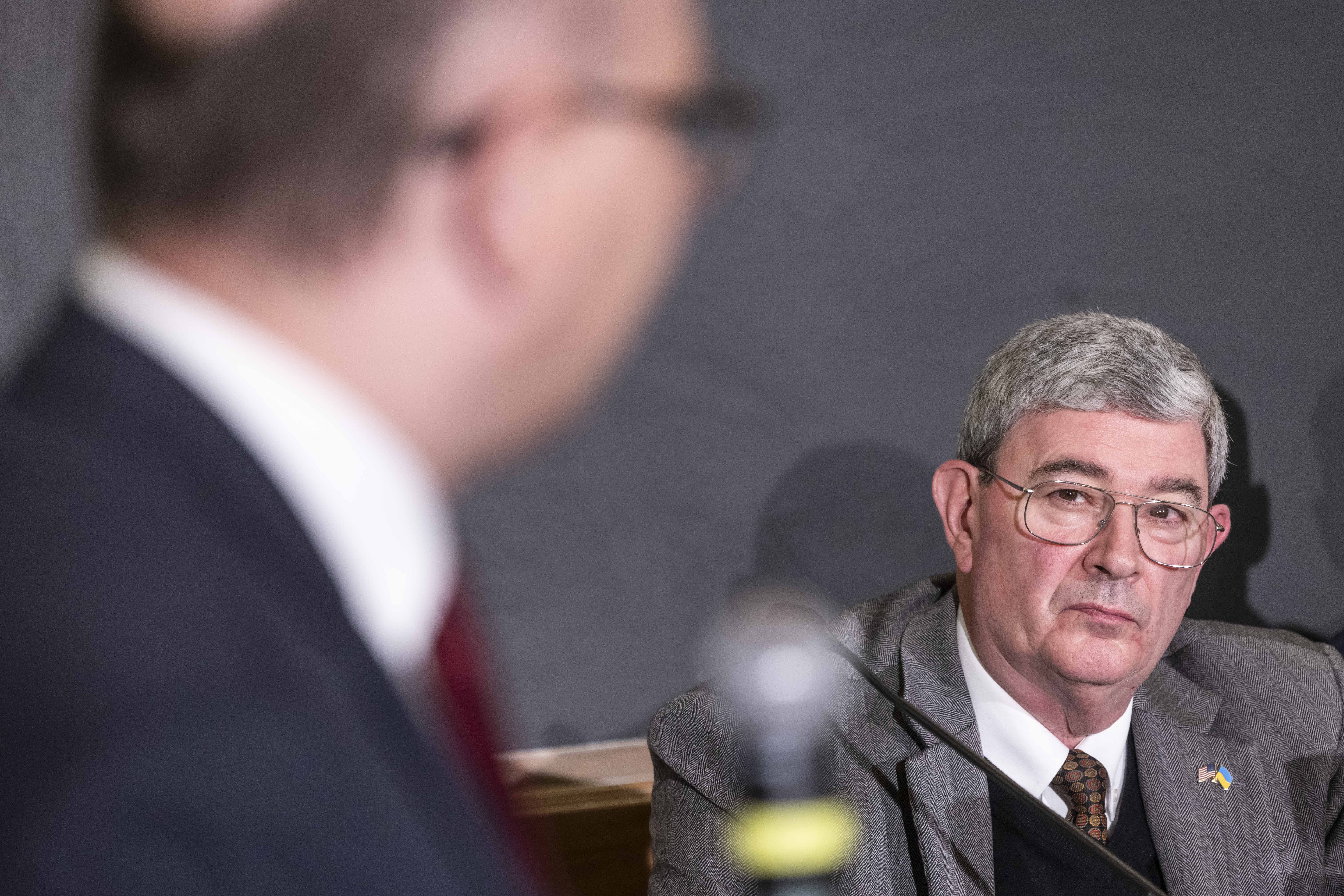
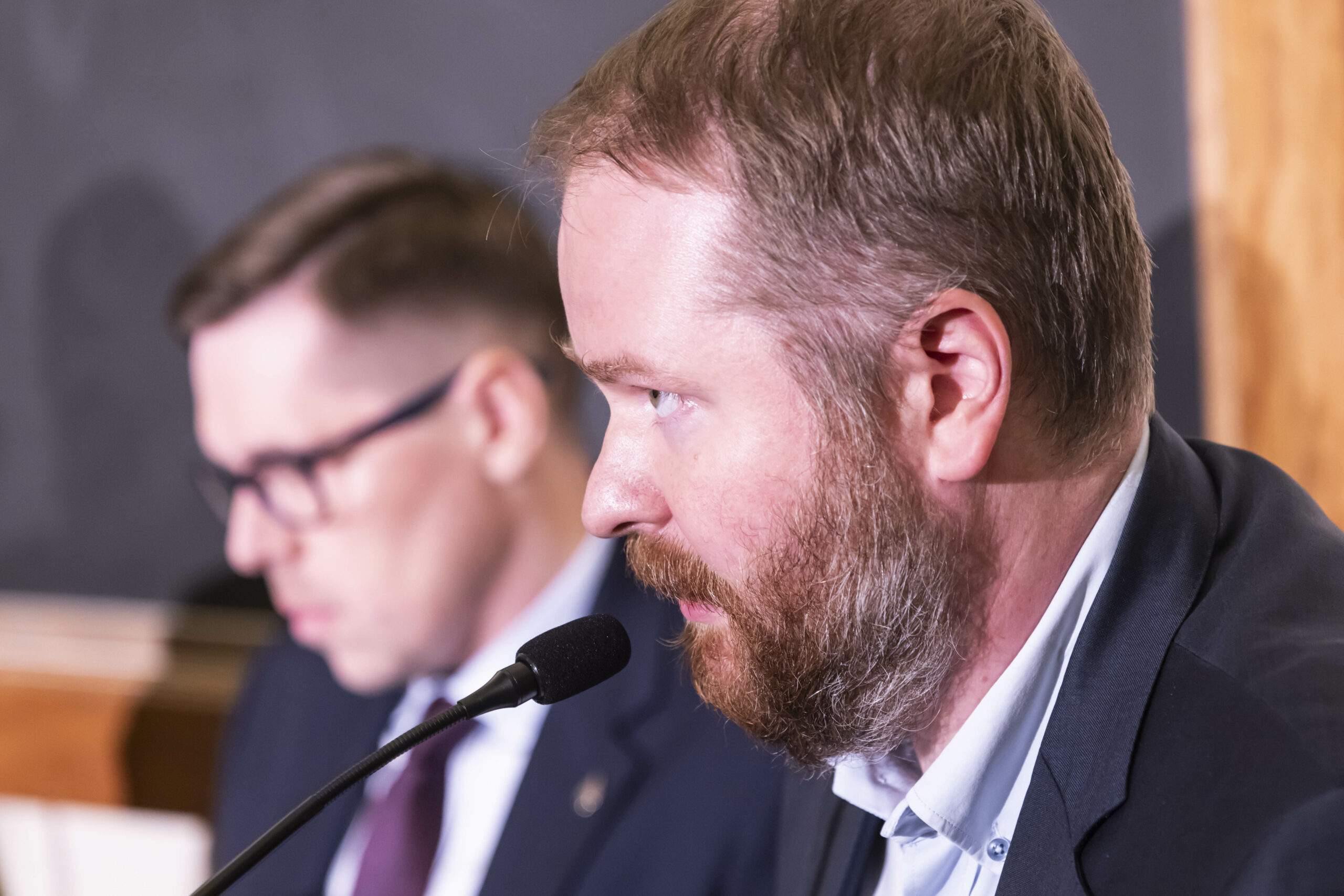
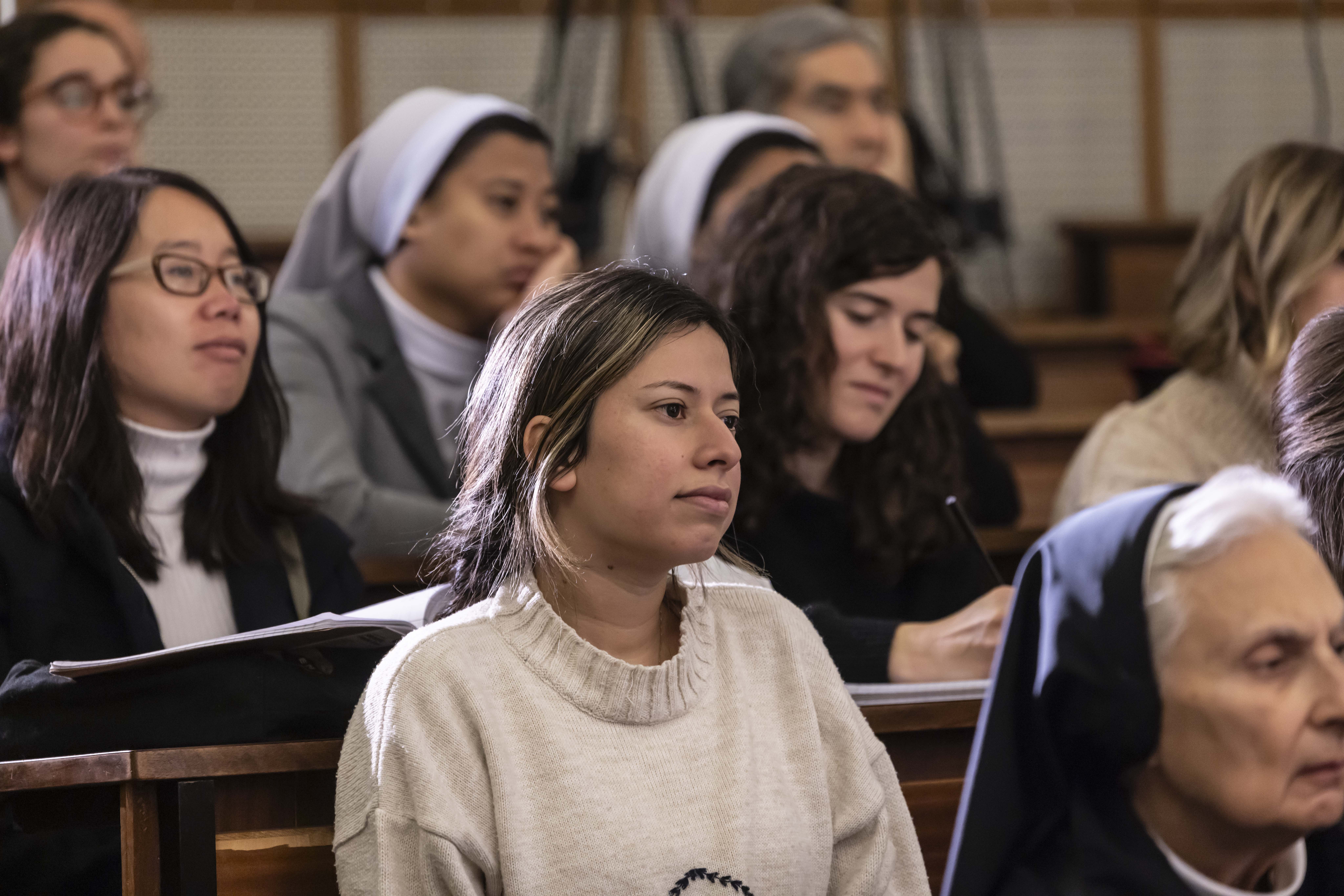
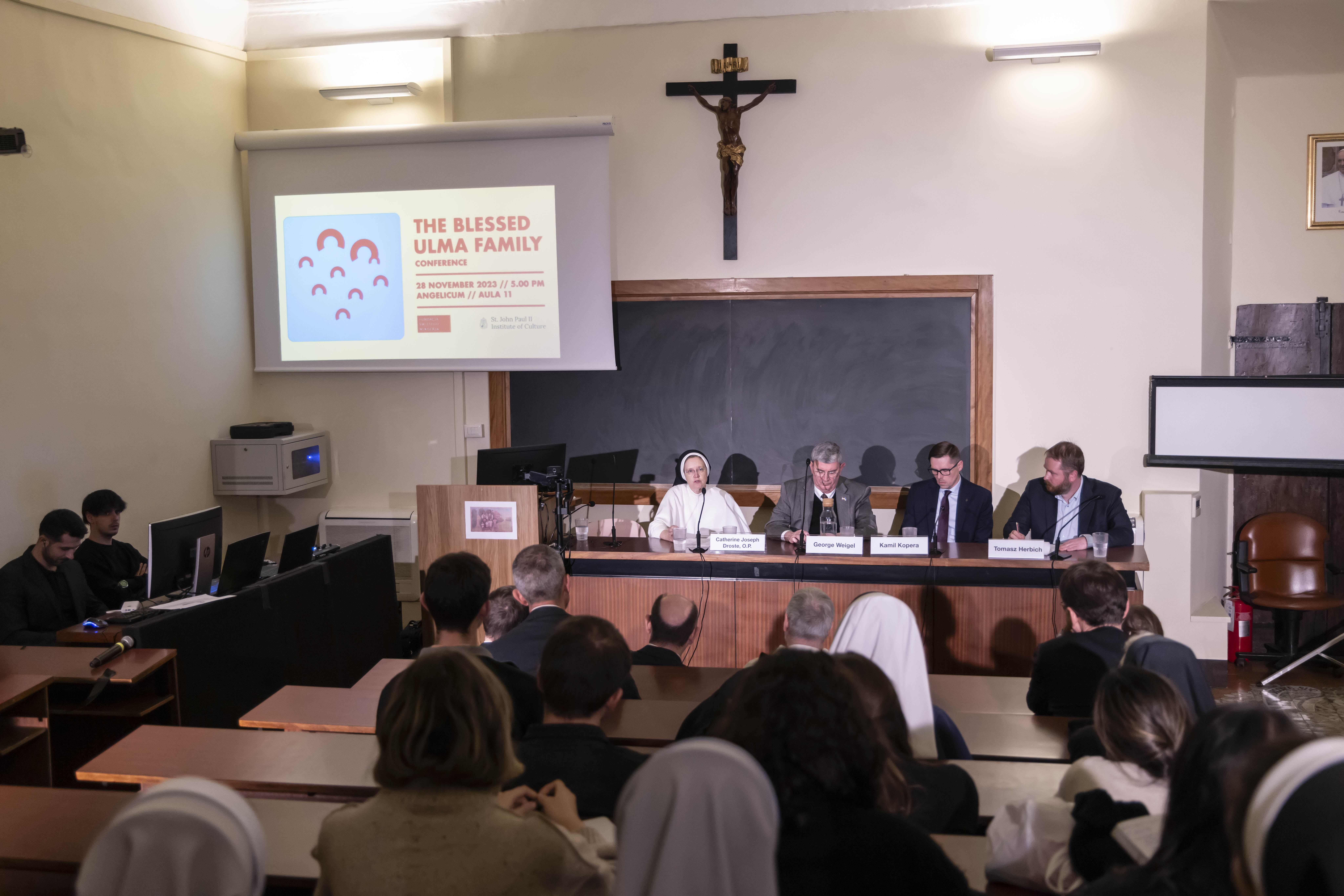
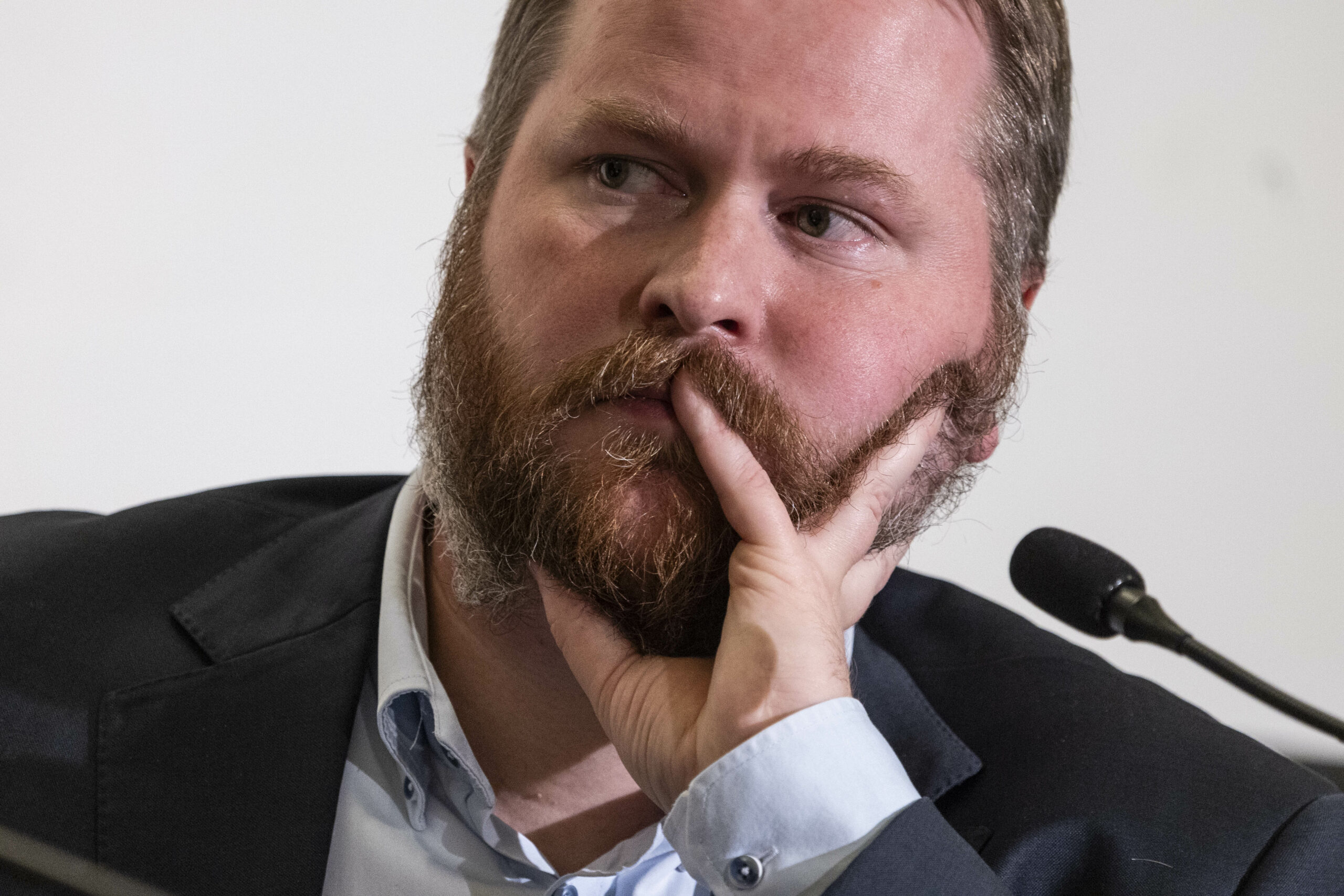
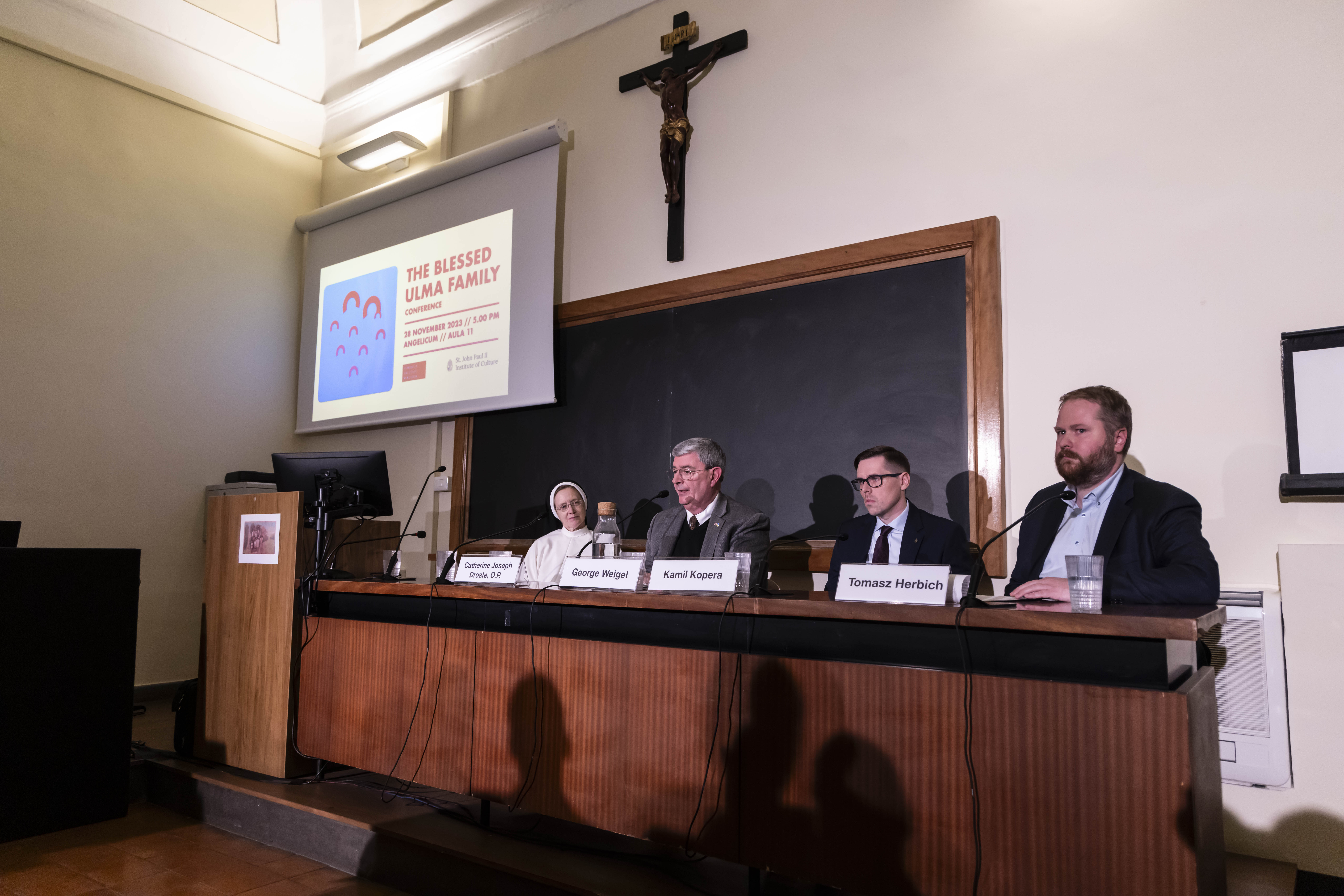
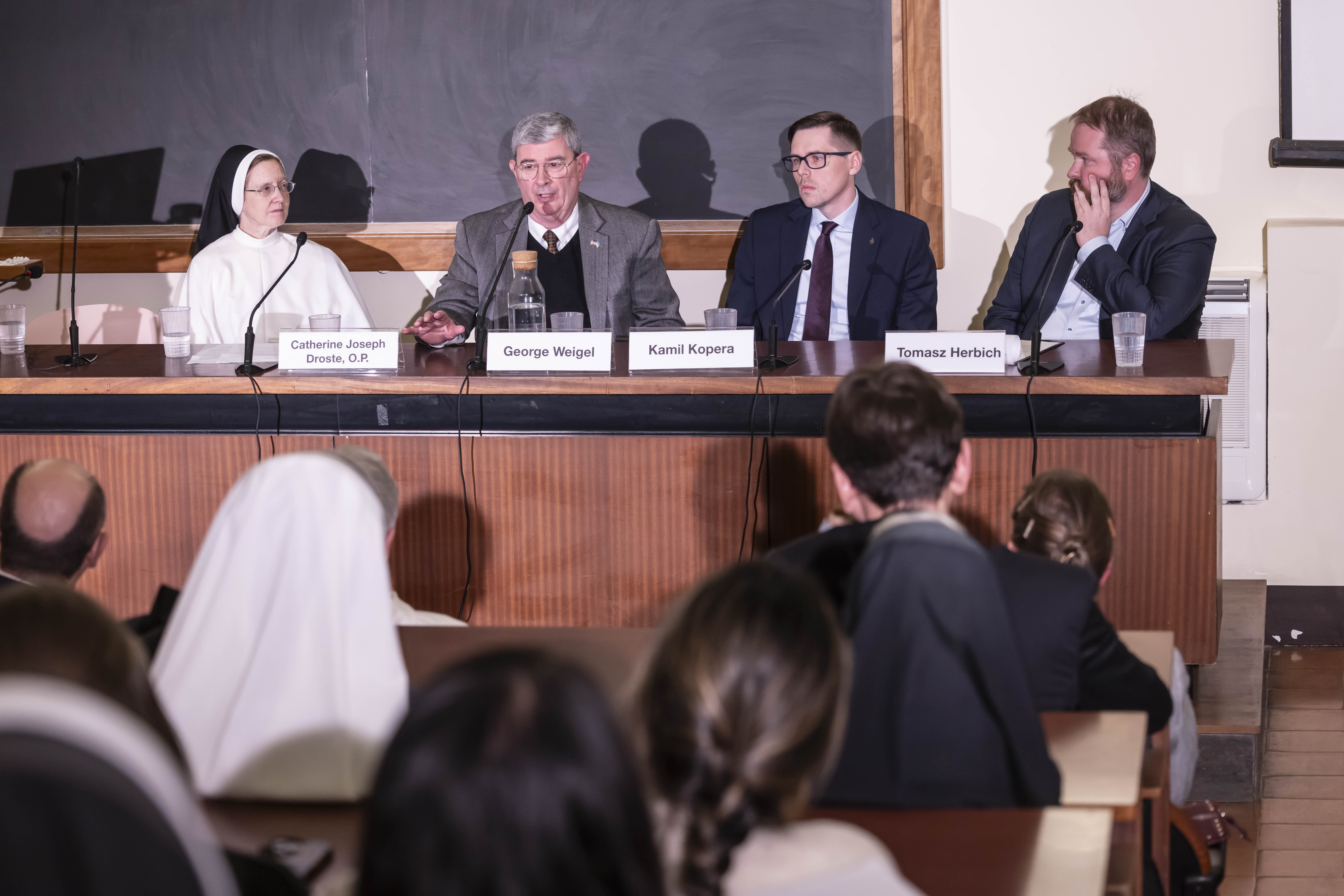
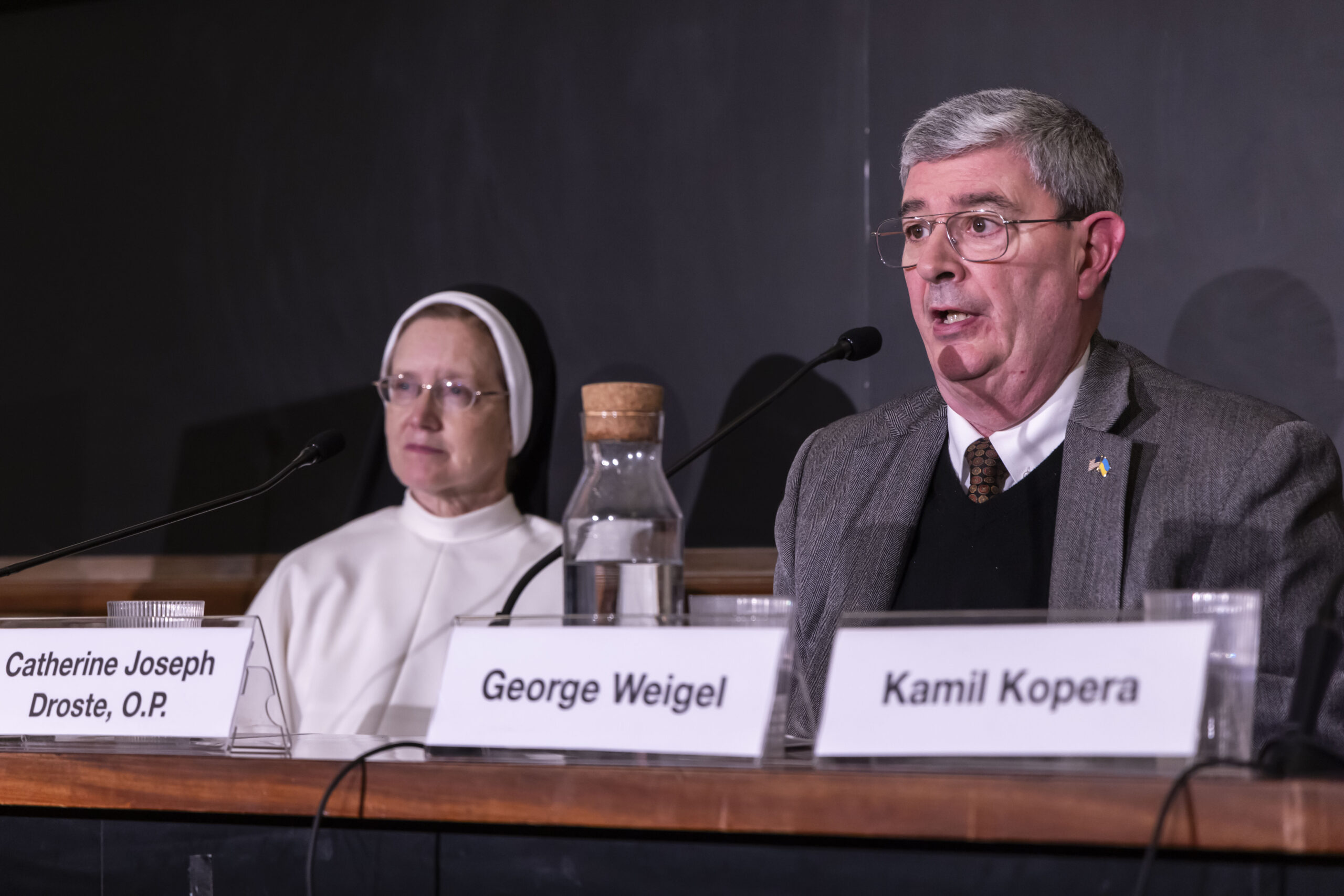
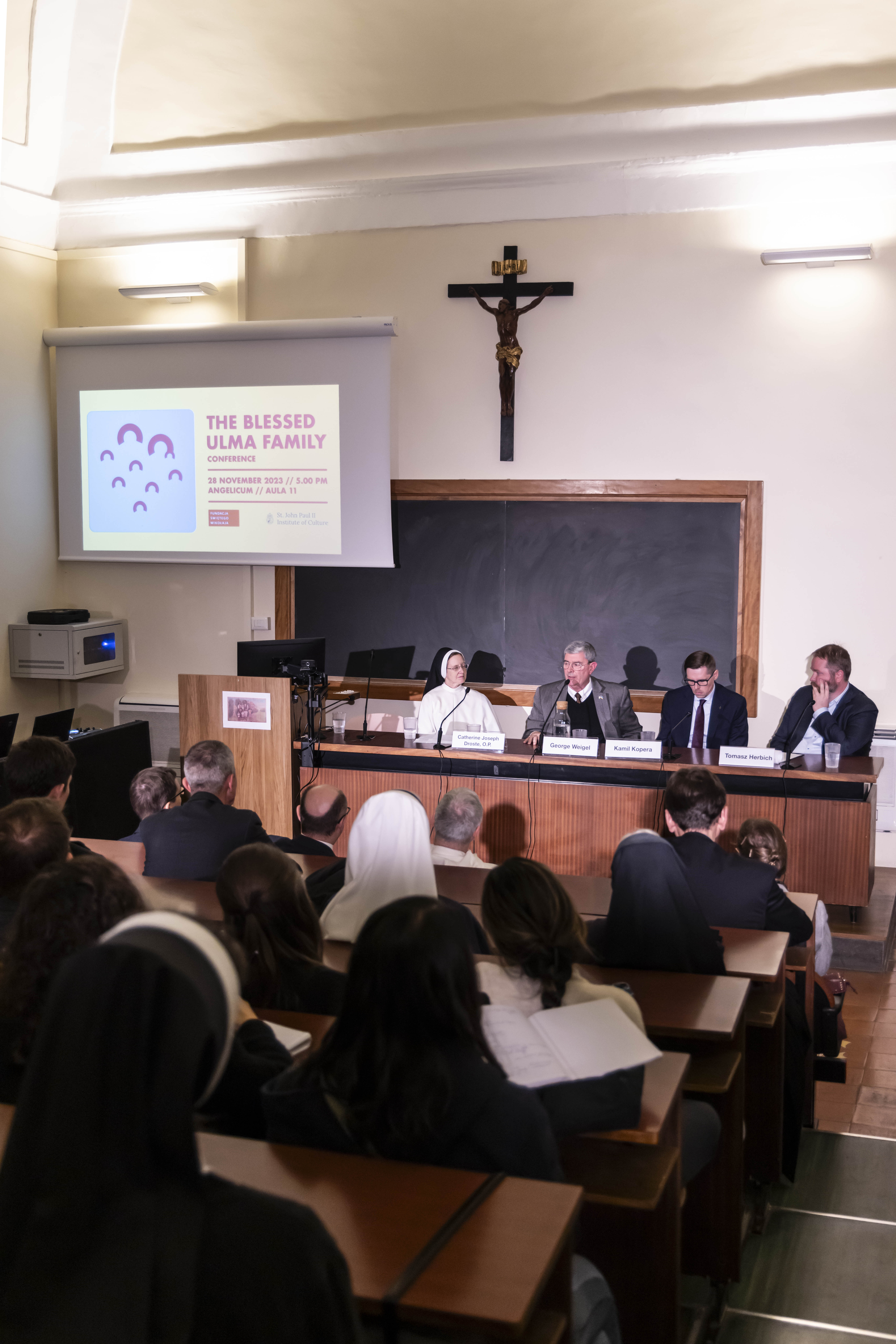
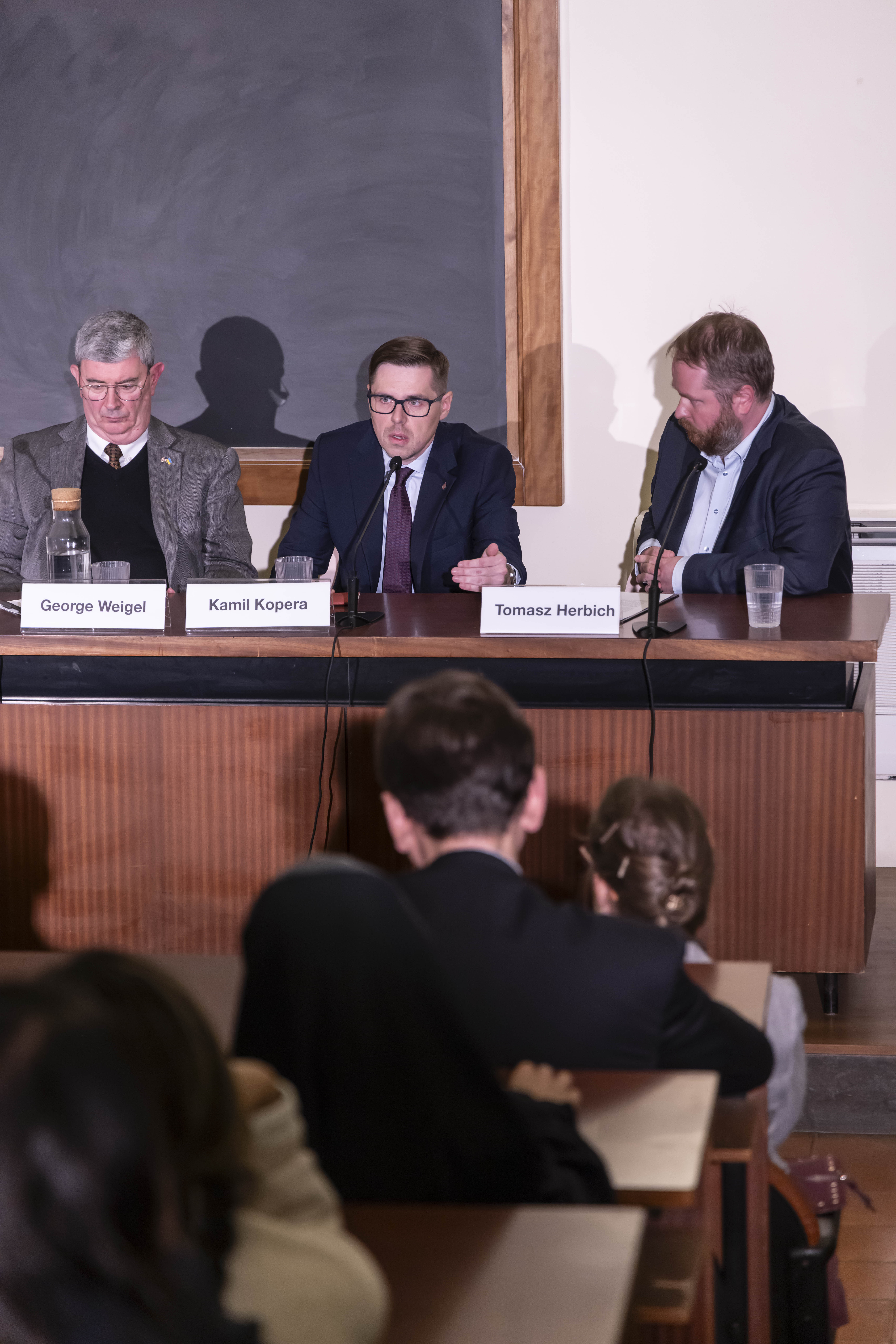
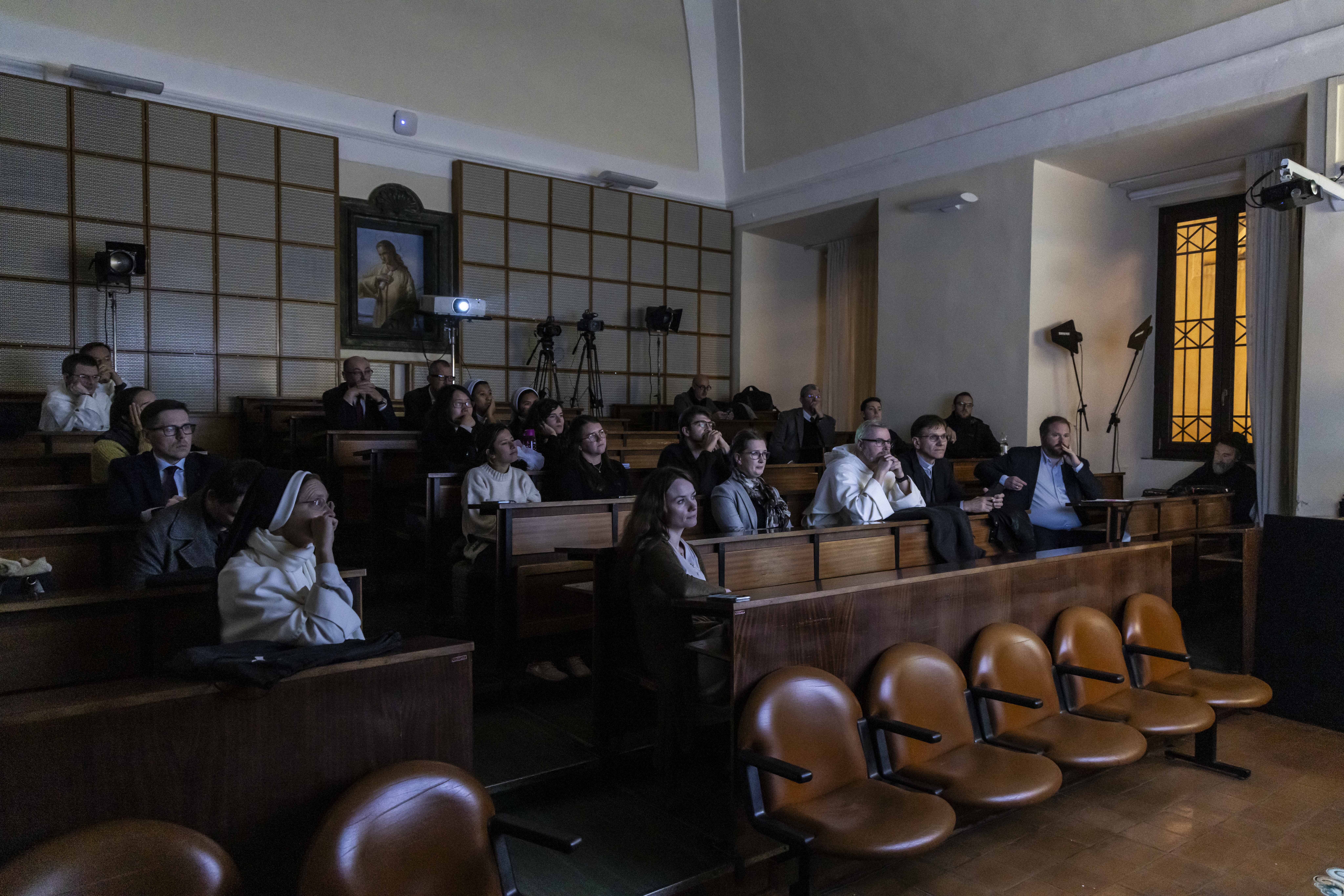
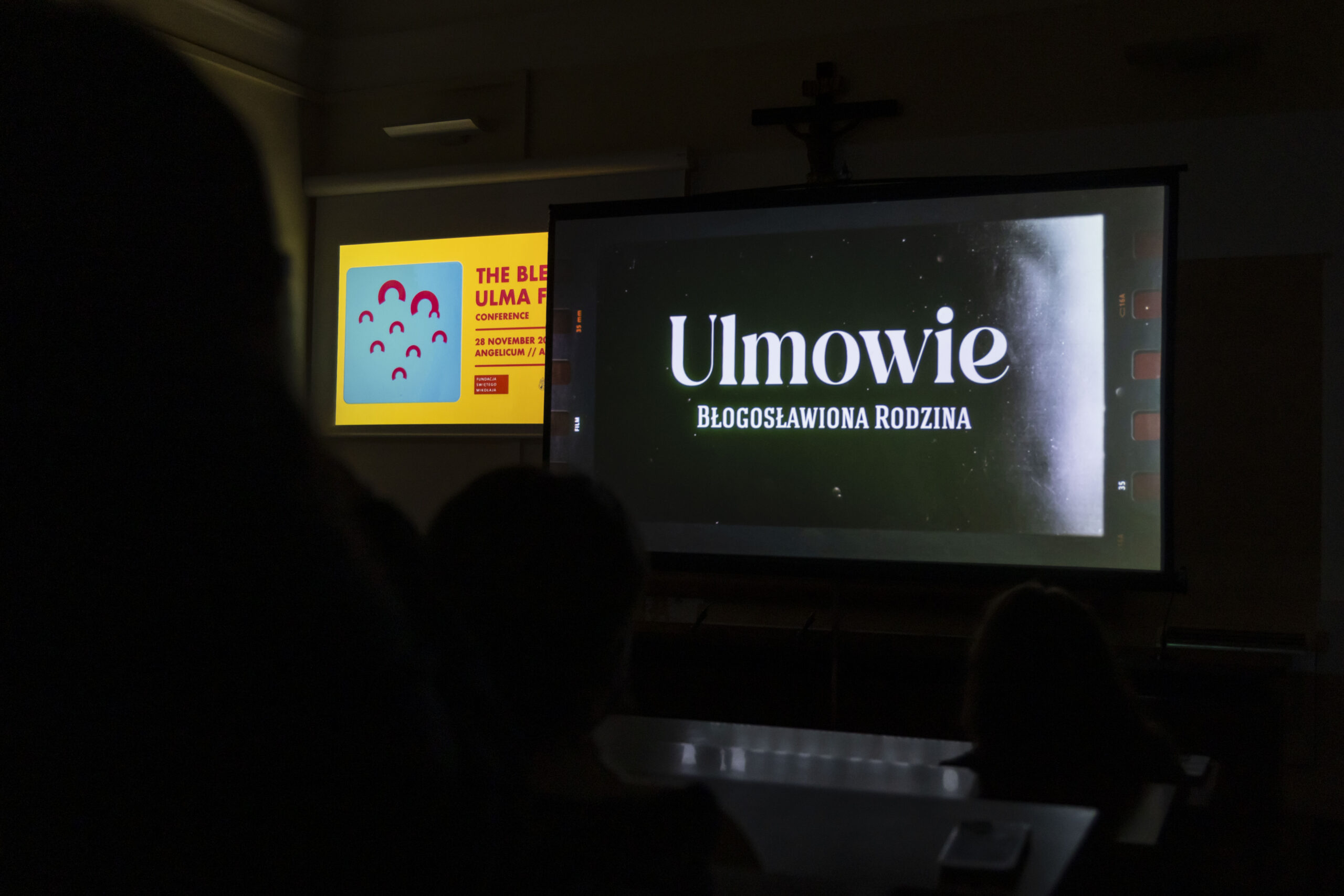
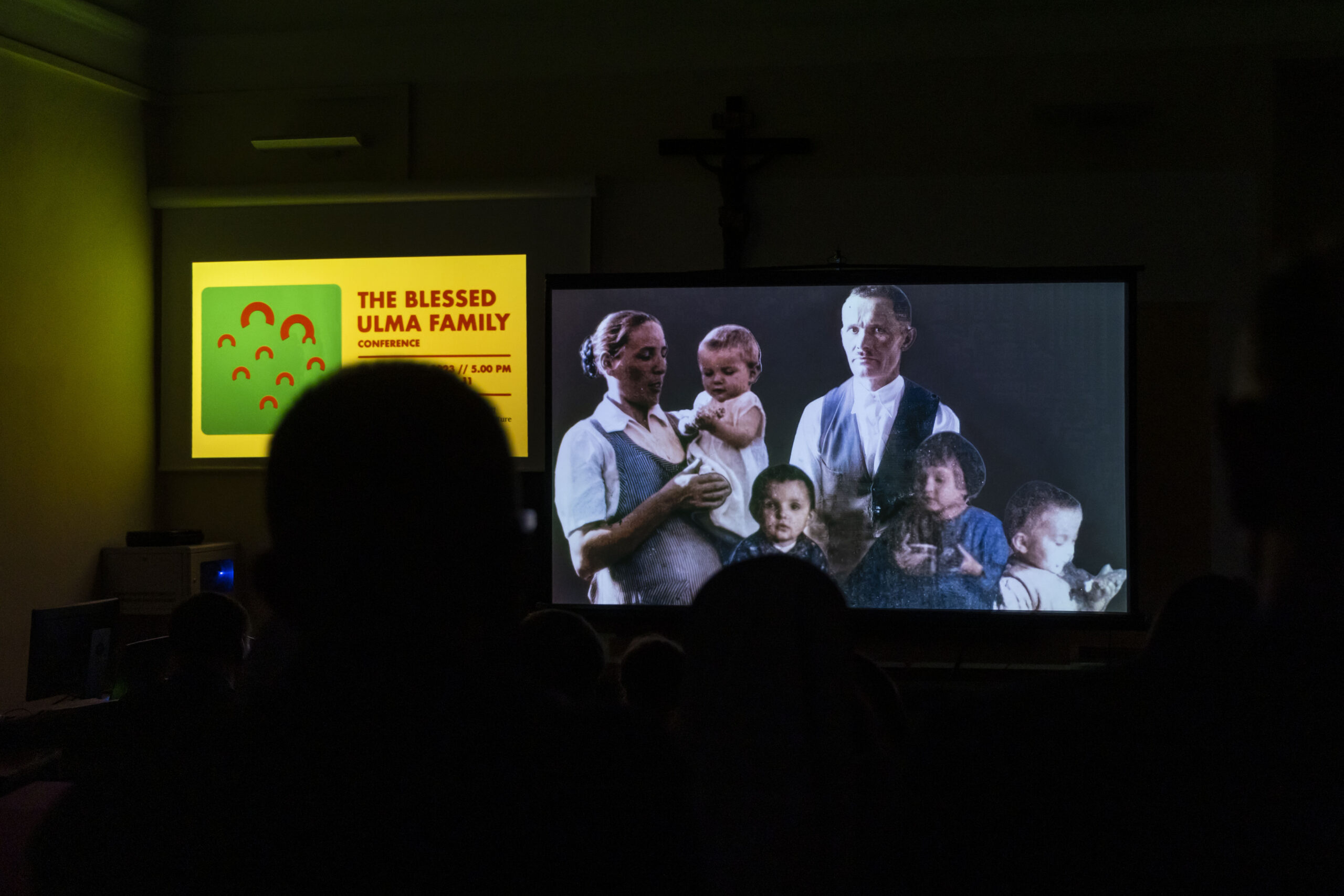
***
The St. John Paul II Institute of Culture is an interdisciplinary research and teaching institution established at the Faculty of Philosophy of the Pontifical University of St. Thomas Aquinas (Angelicum) in Rome on the centenary of the birth of John Paul II. The mission of the Institute is to reflect on the most important problems of the contemporary Church and the world, inspired by the life and thought of St. John Paul II. The aim of the Institute is not only to study the achievements of the Great Pope, but also thinking with him about the most important issues of spiritual culture, so, for example, solidarity, mercy, Christian art, the place of the Church in the contemporary world or the spiritual crisis of Europe.
The Institute is co-run by the Saint Nicholas Foundation (publisher of Political Theology) and fully financed by private donors from Poland. We cordially invite you to join them!
